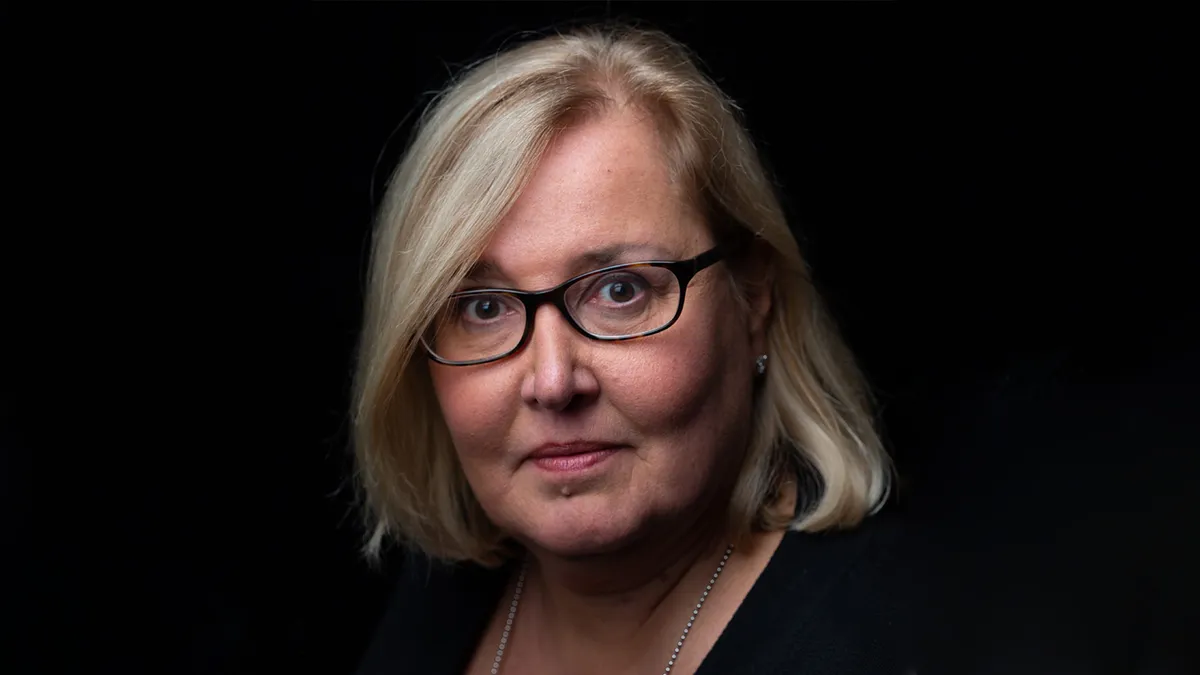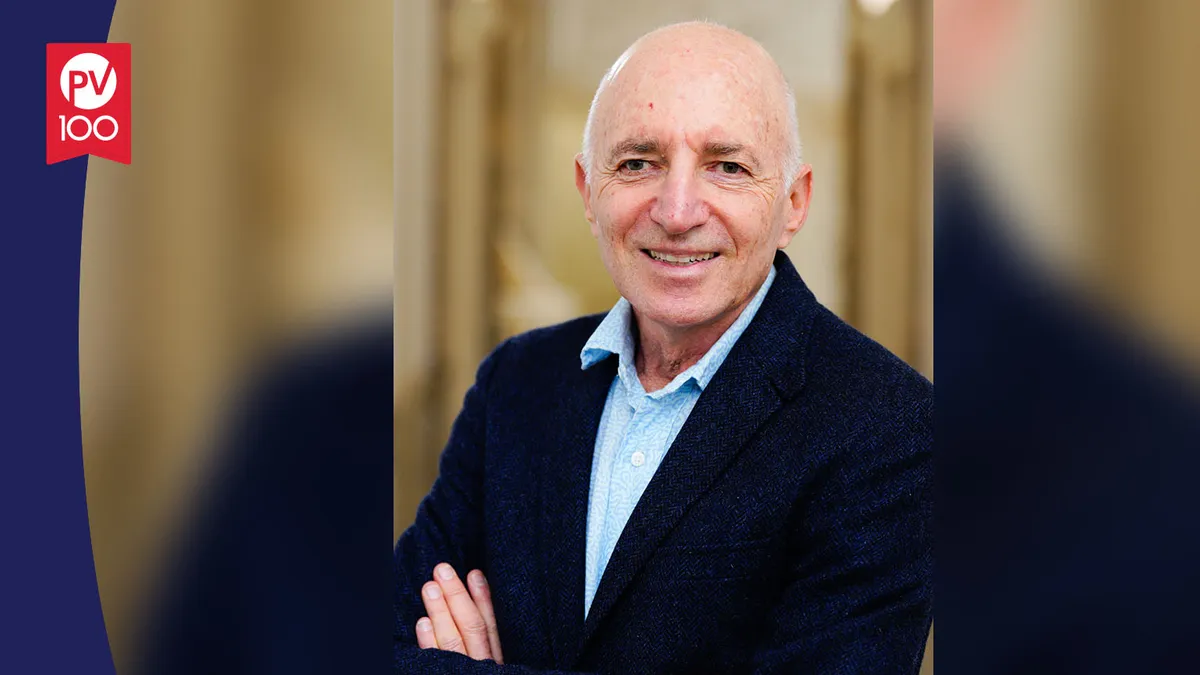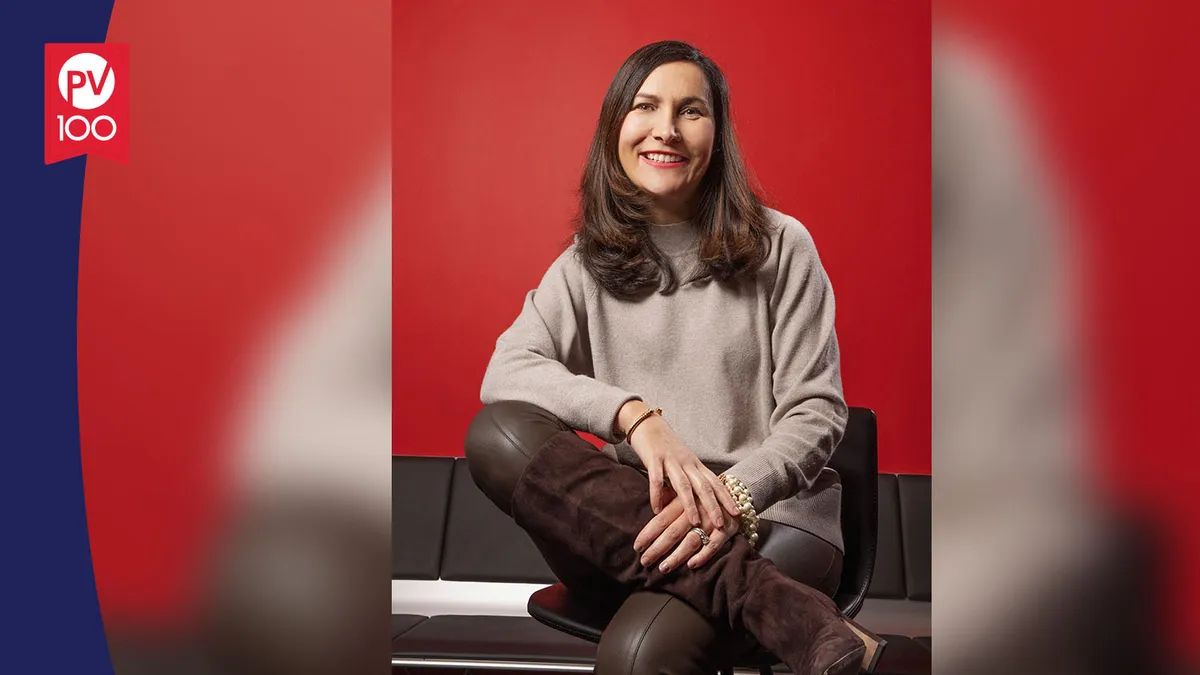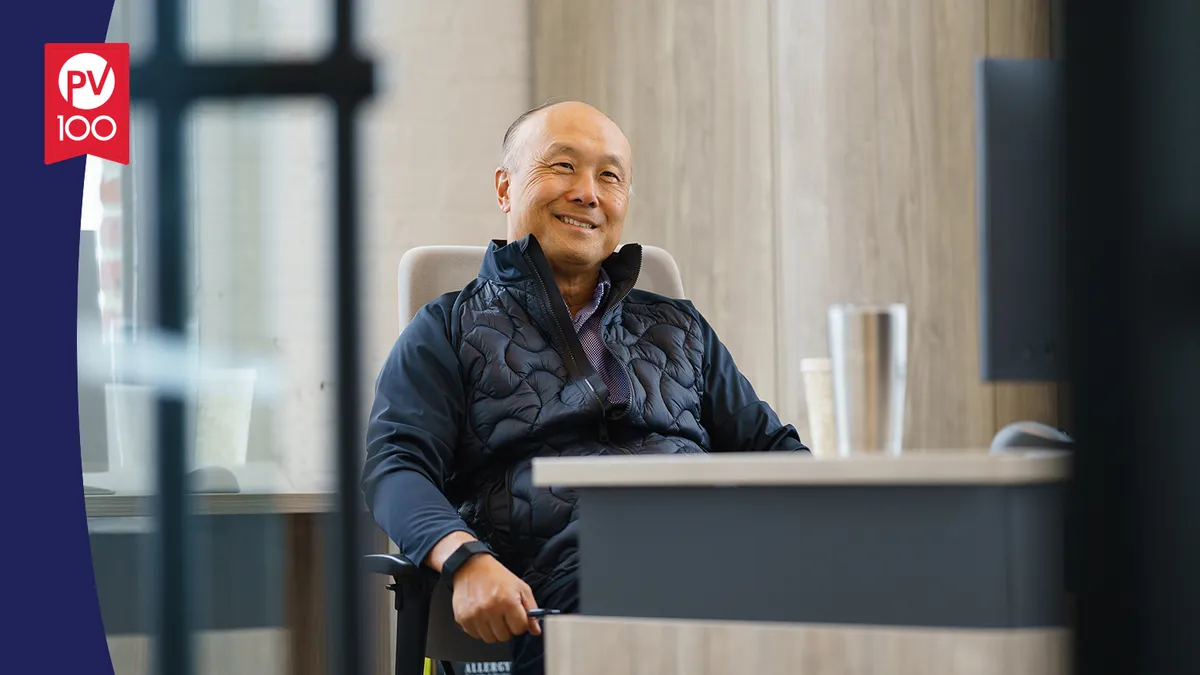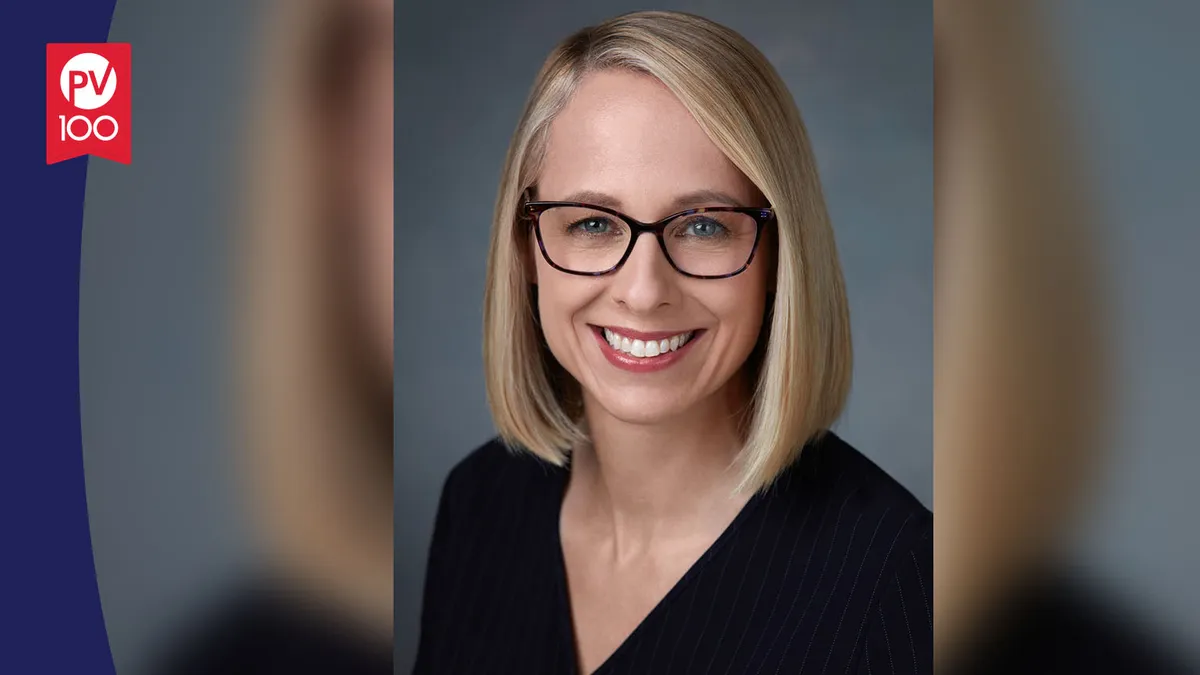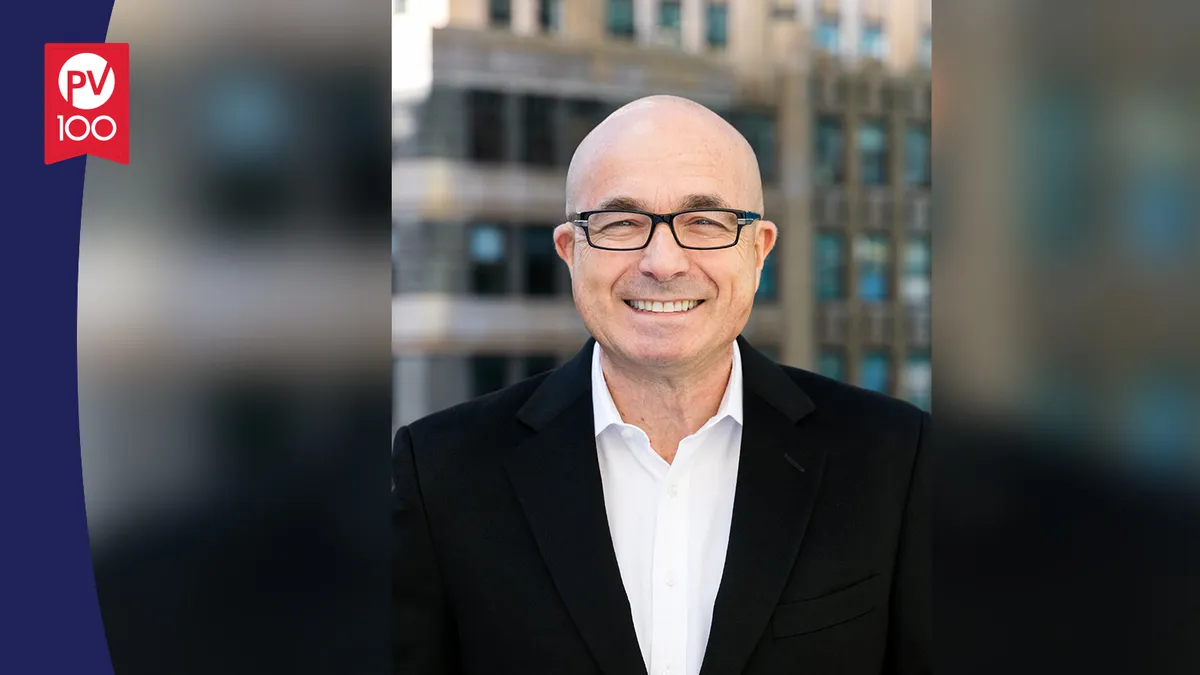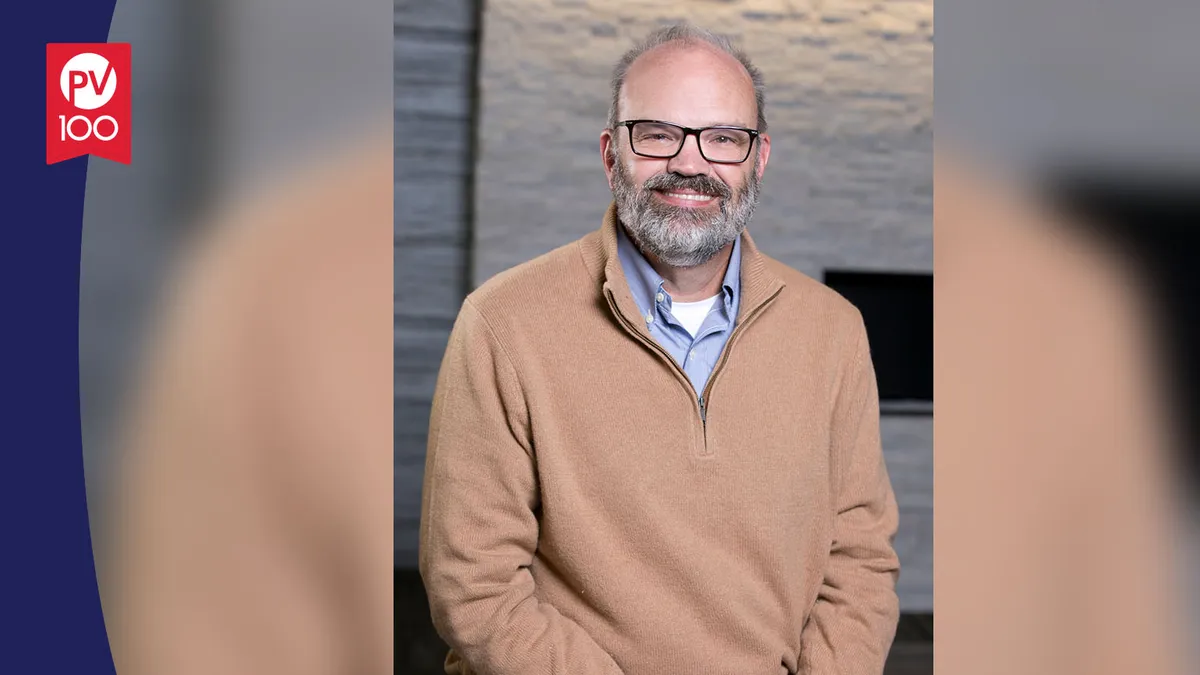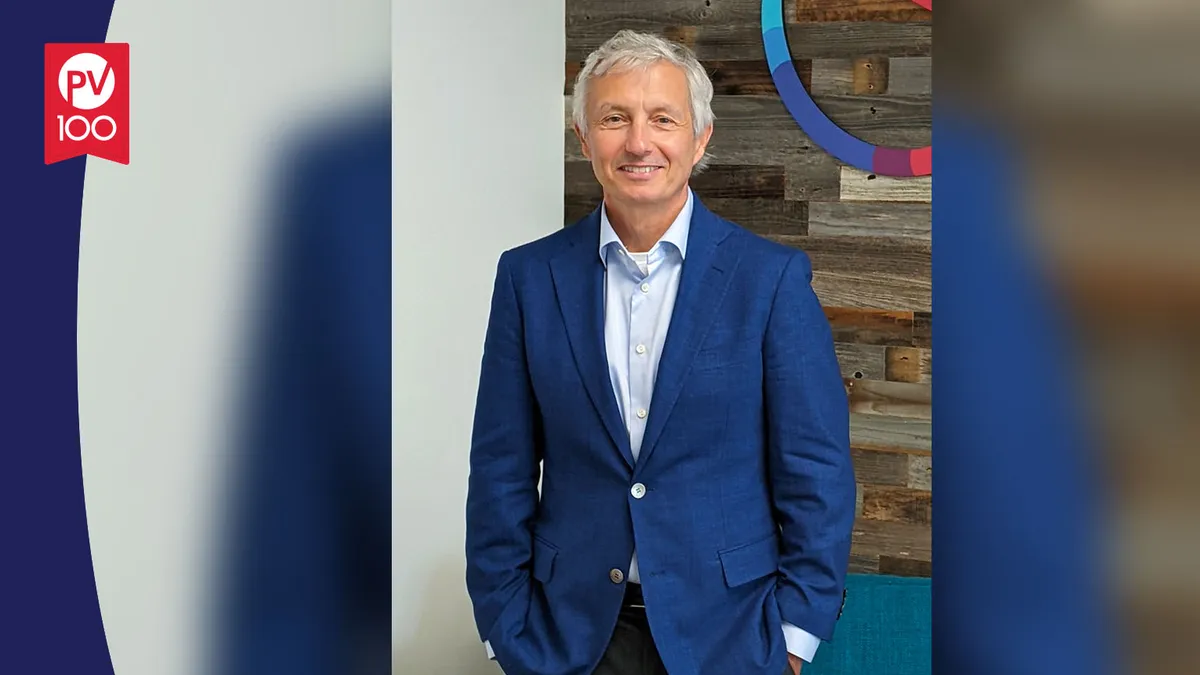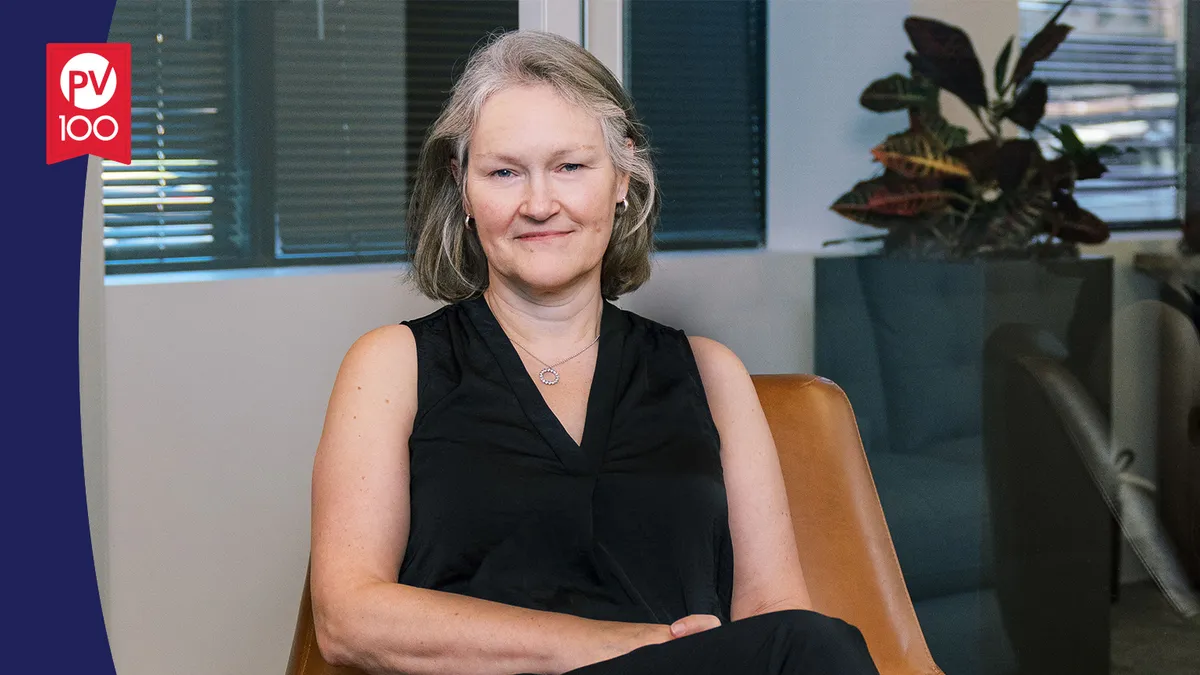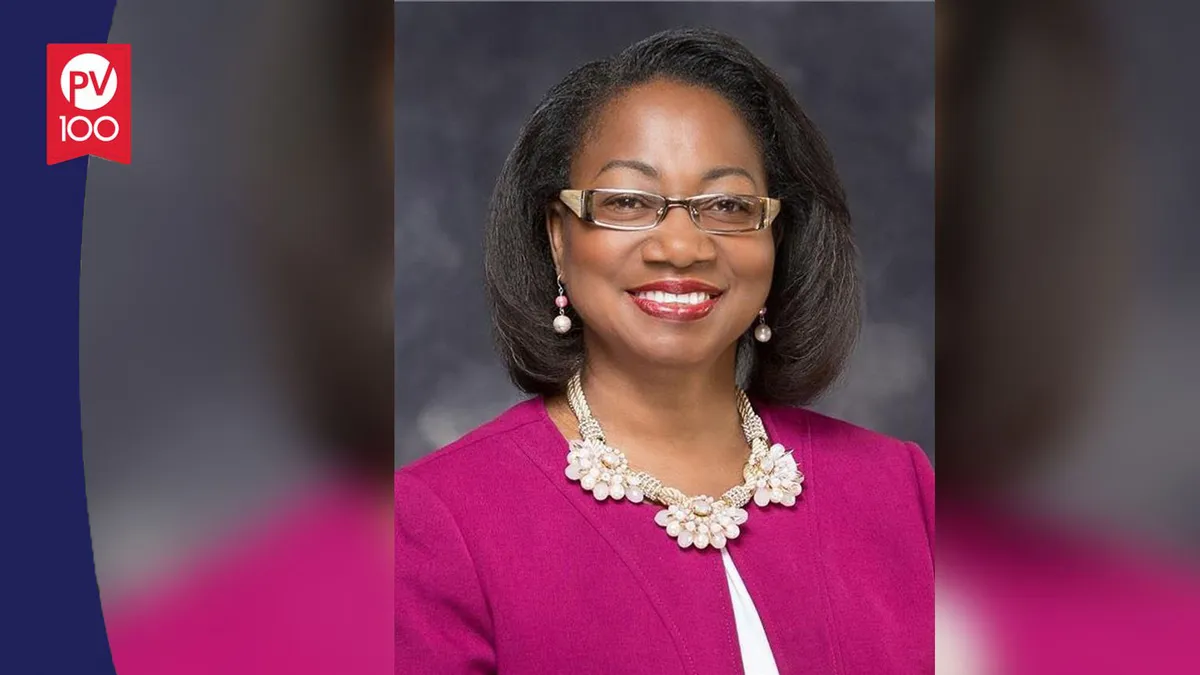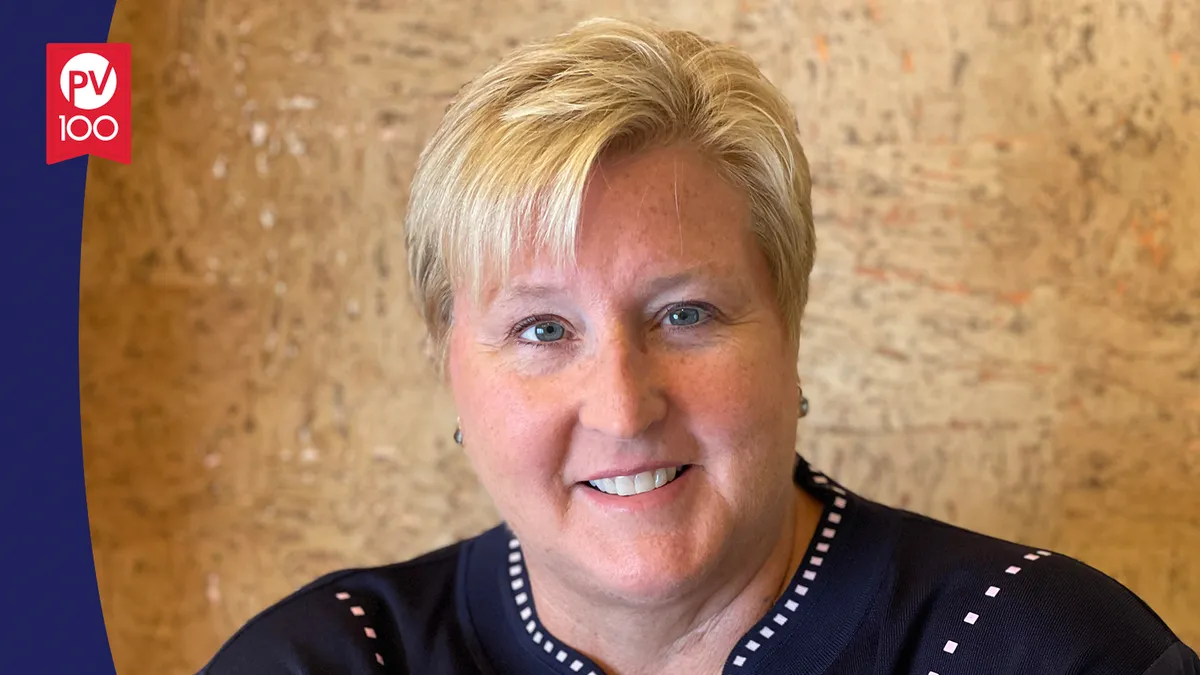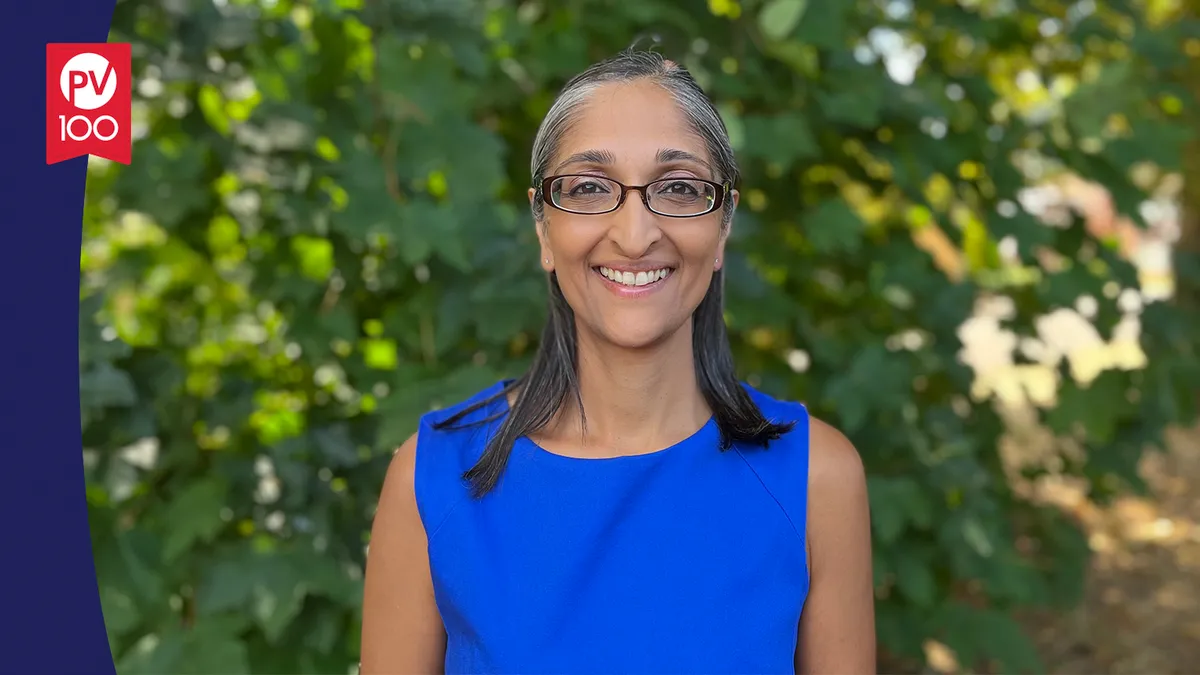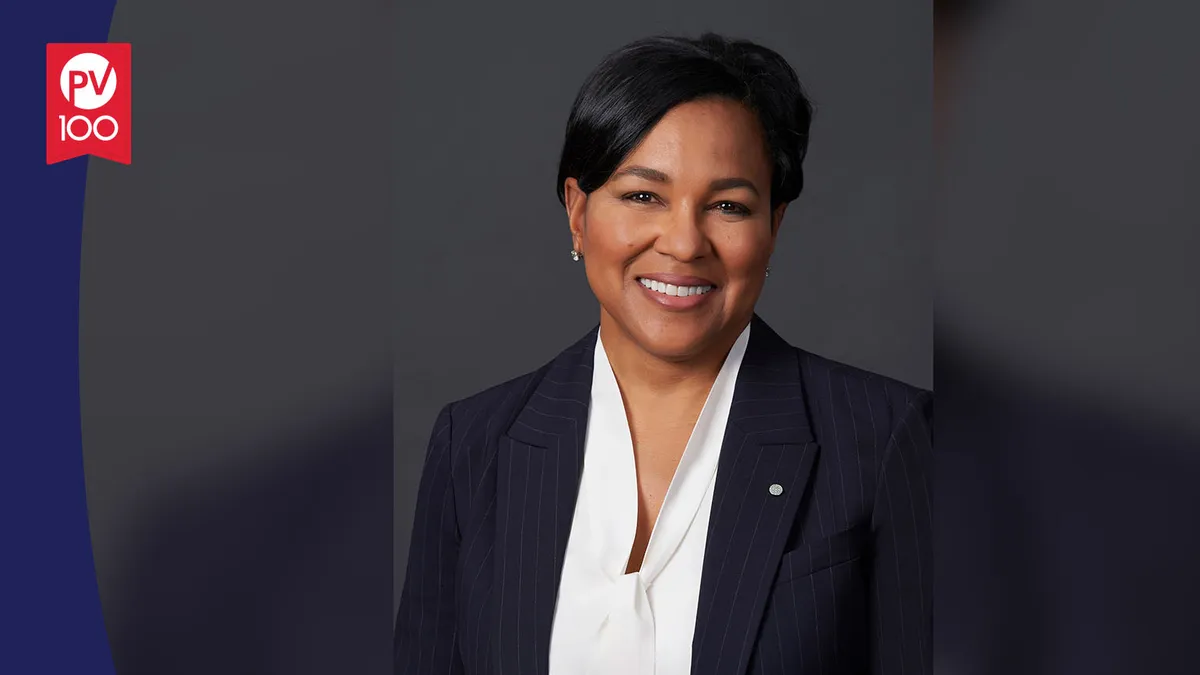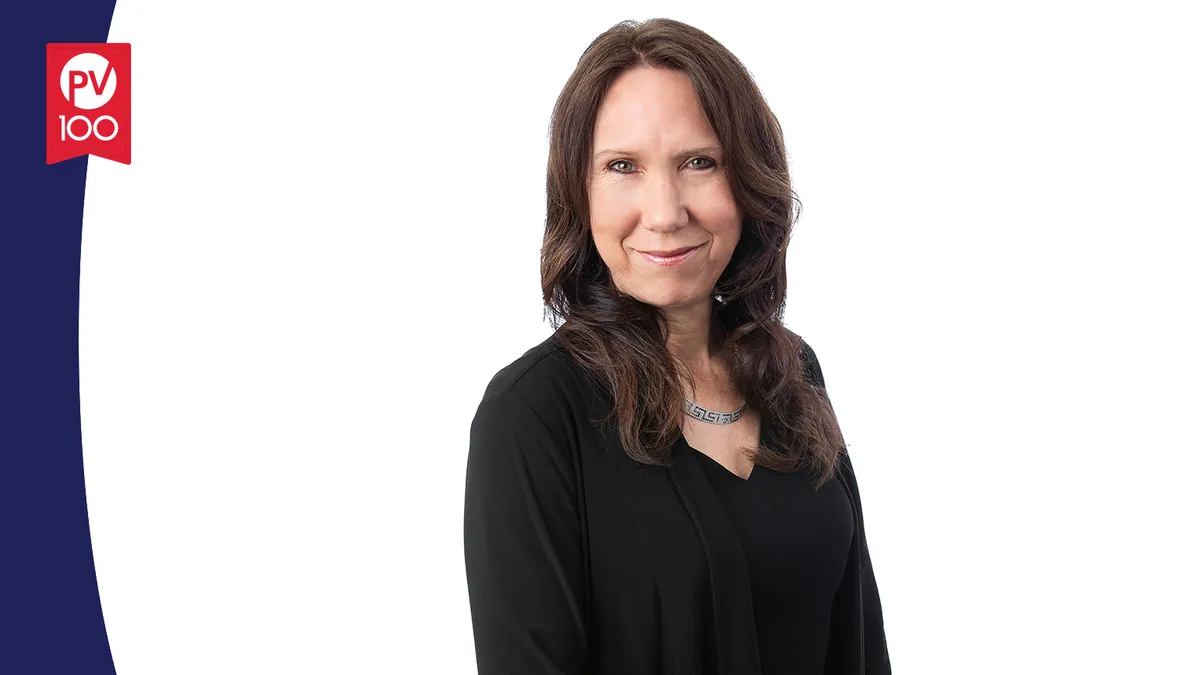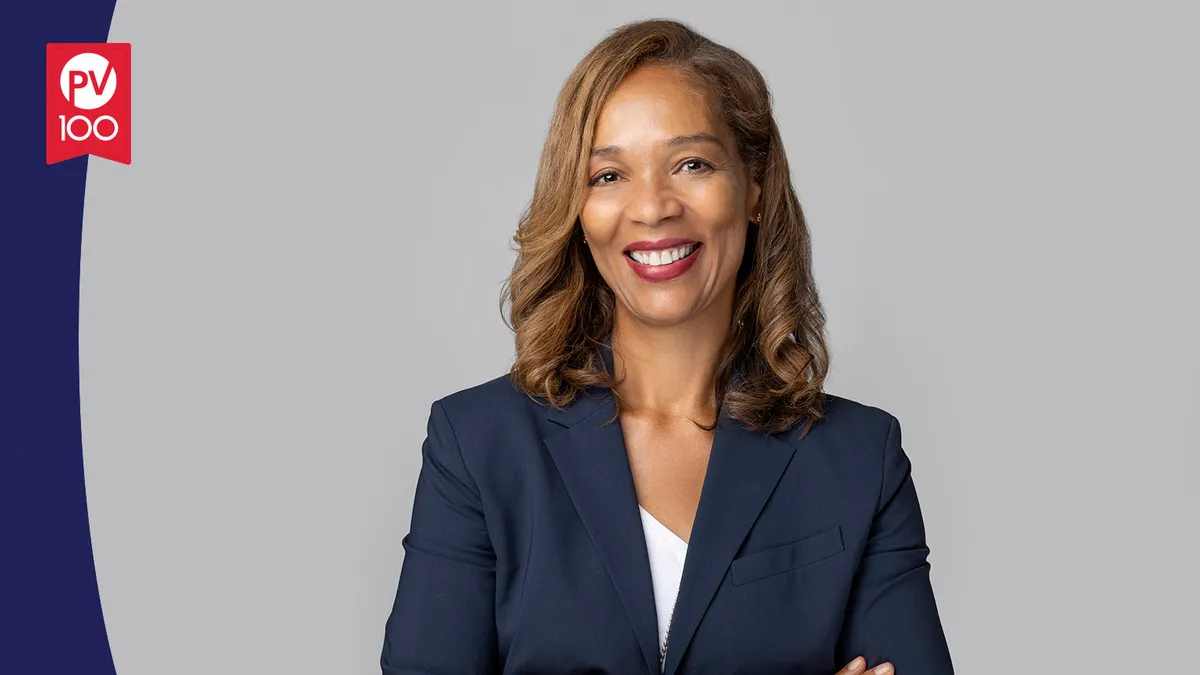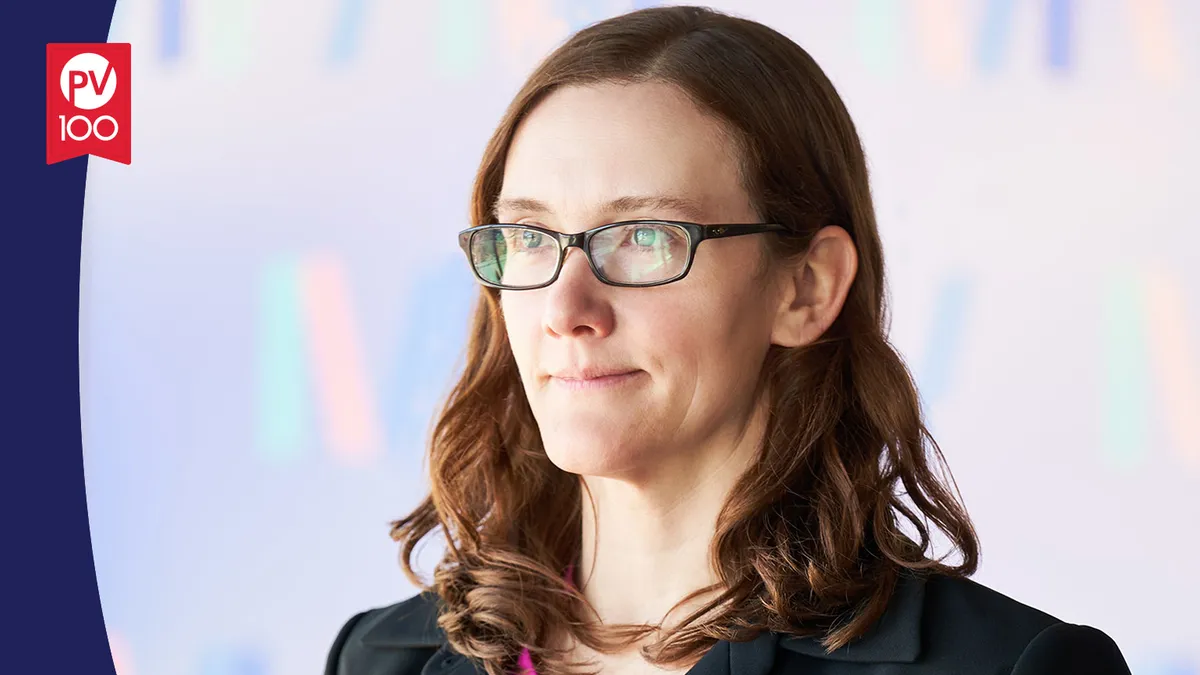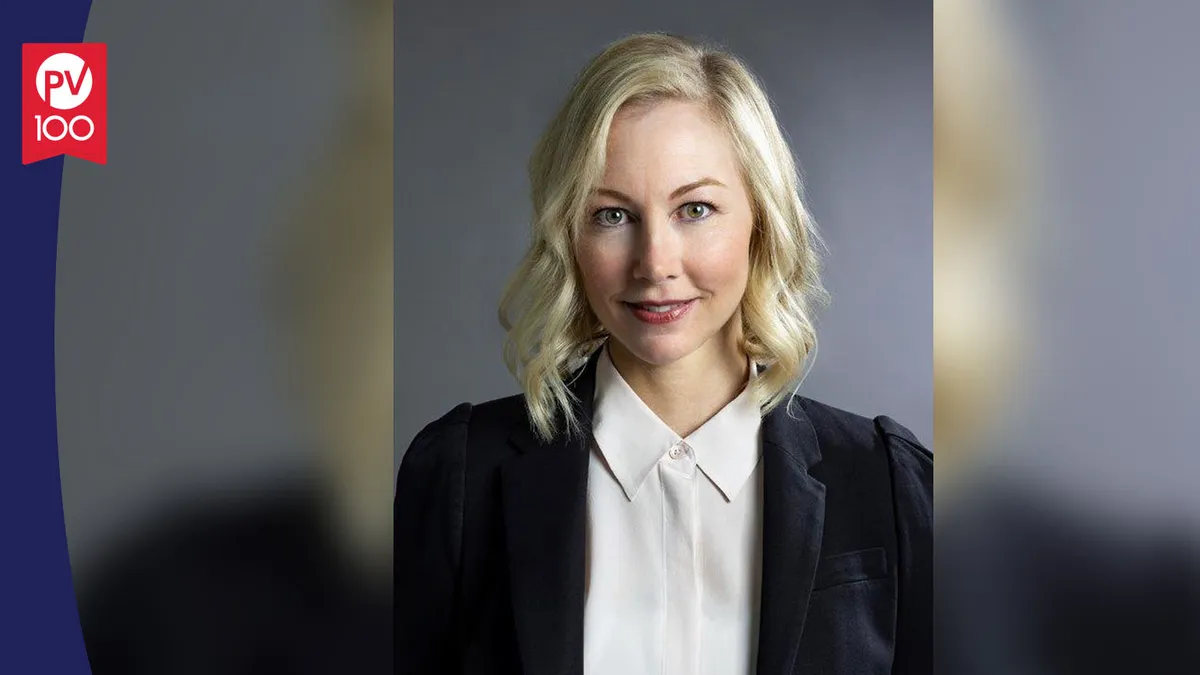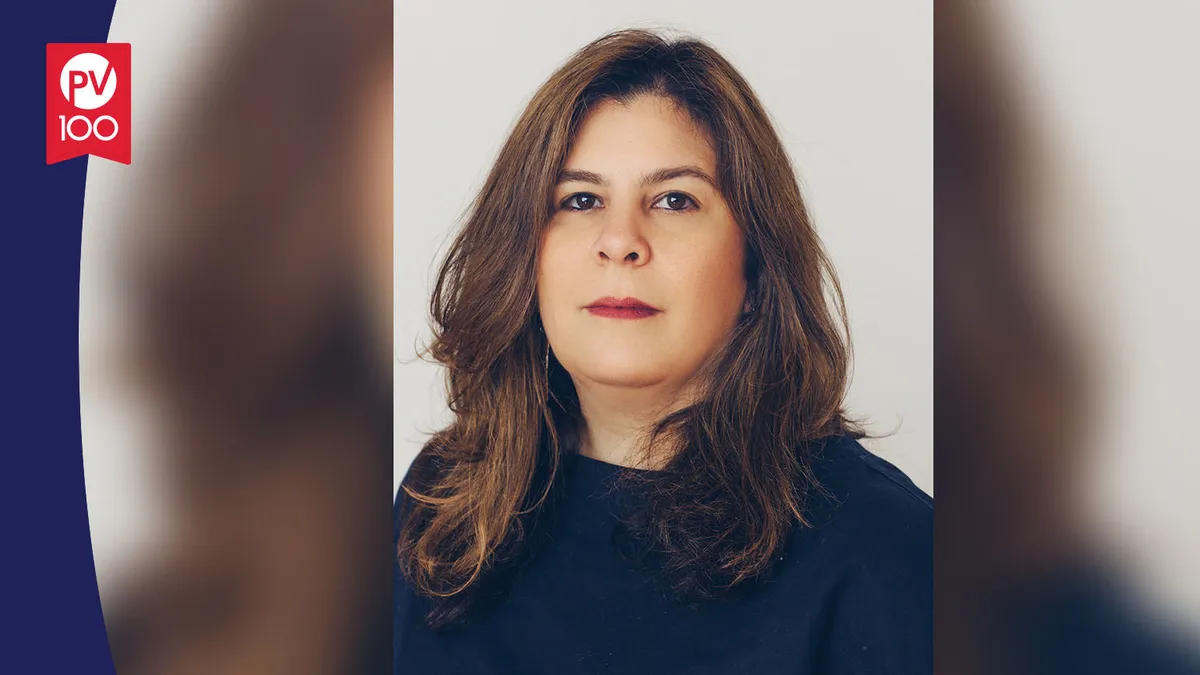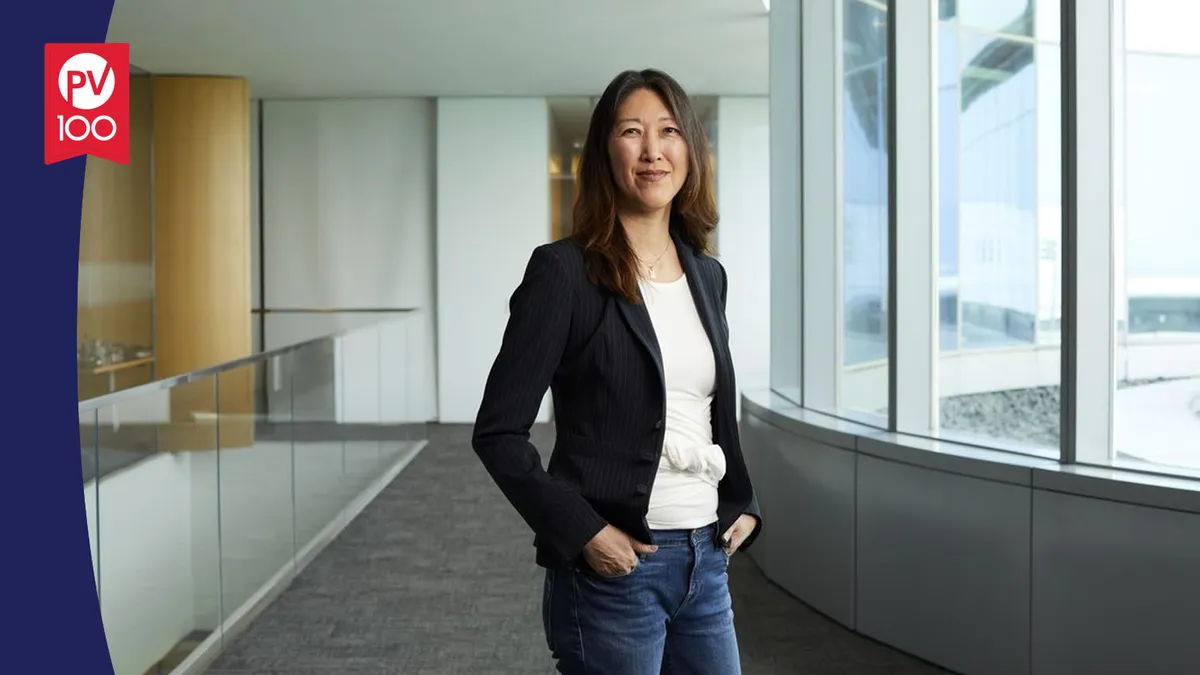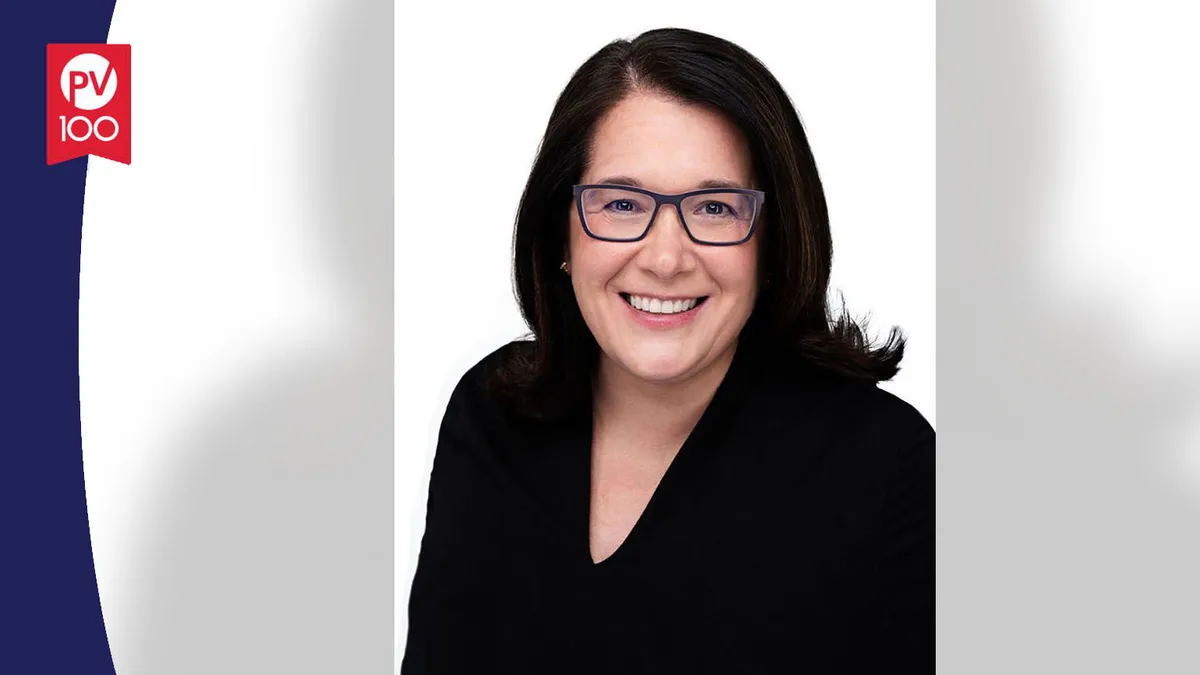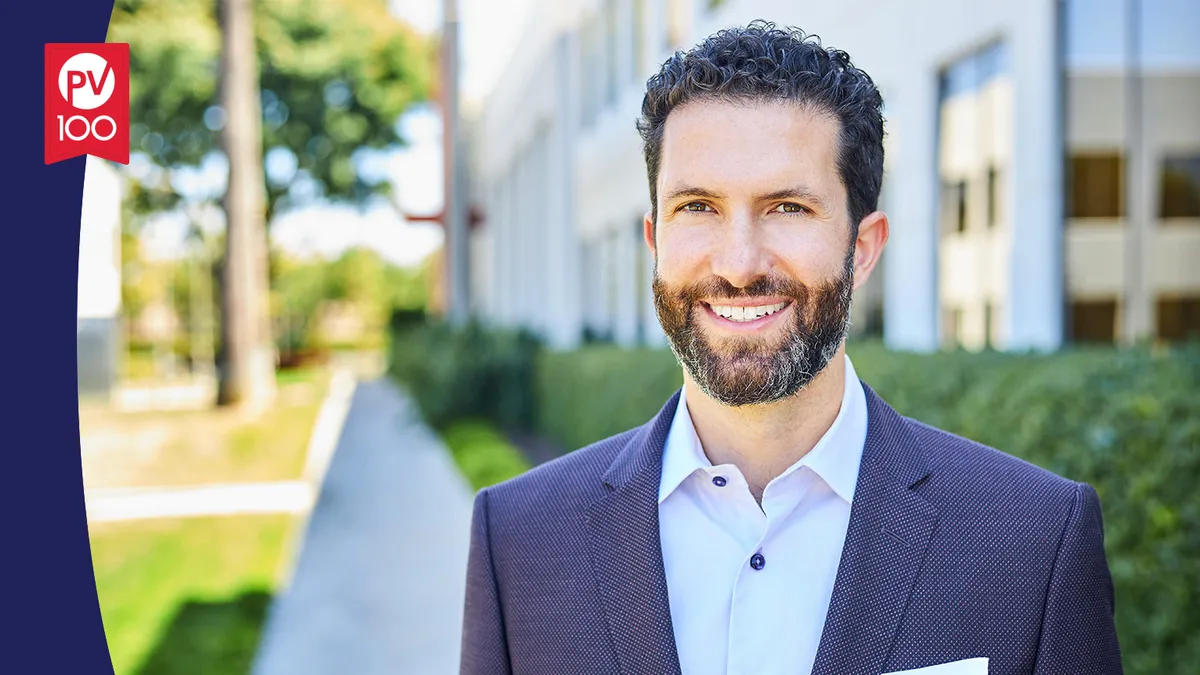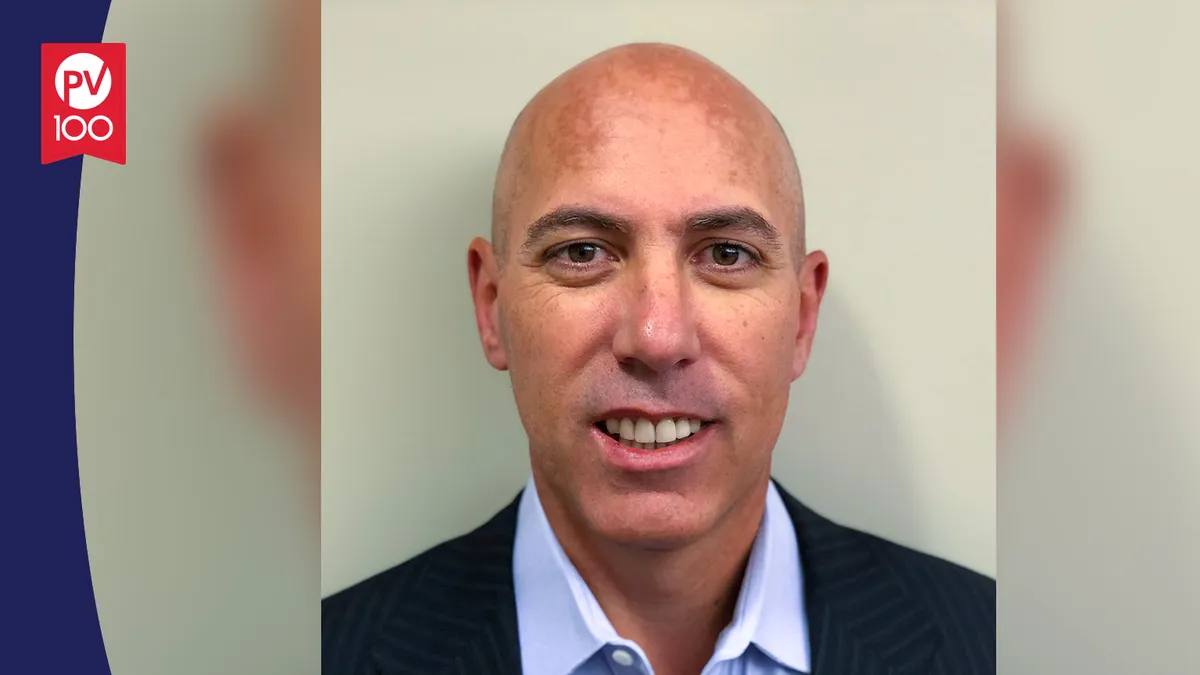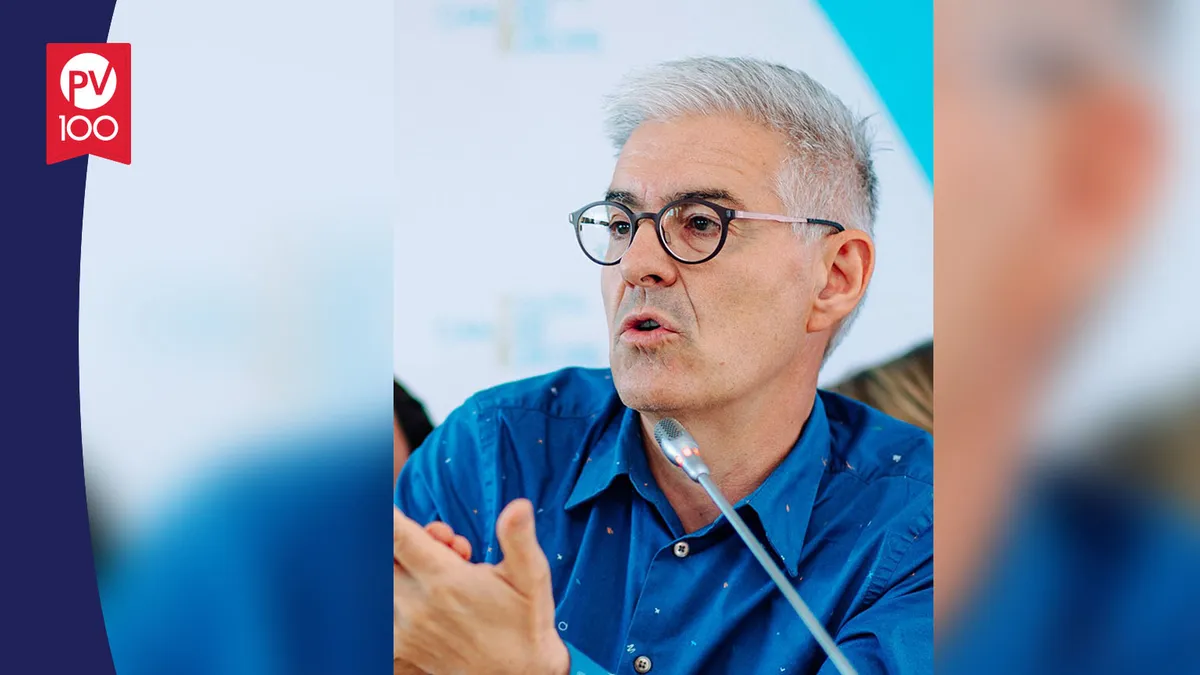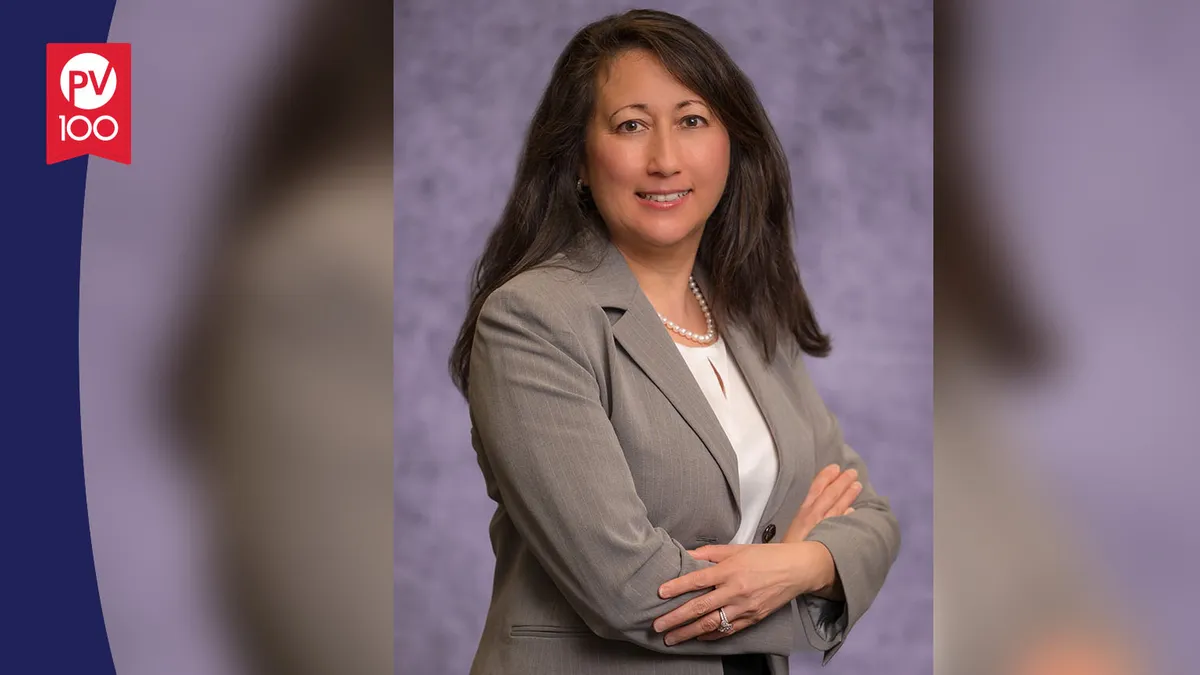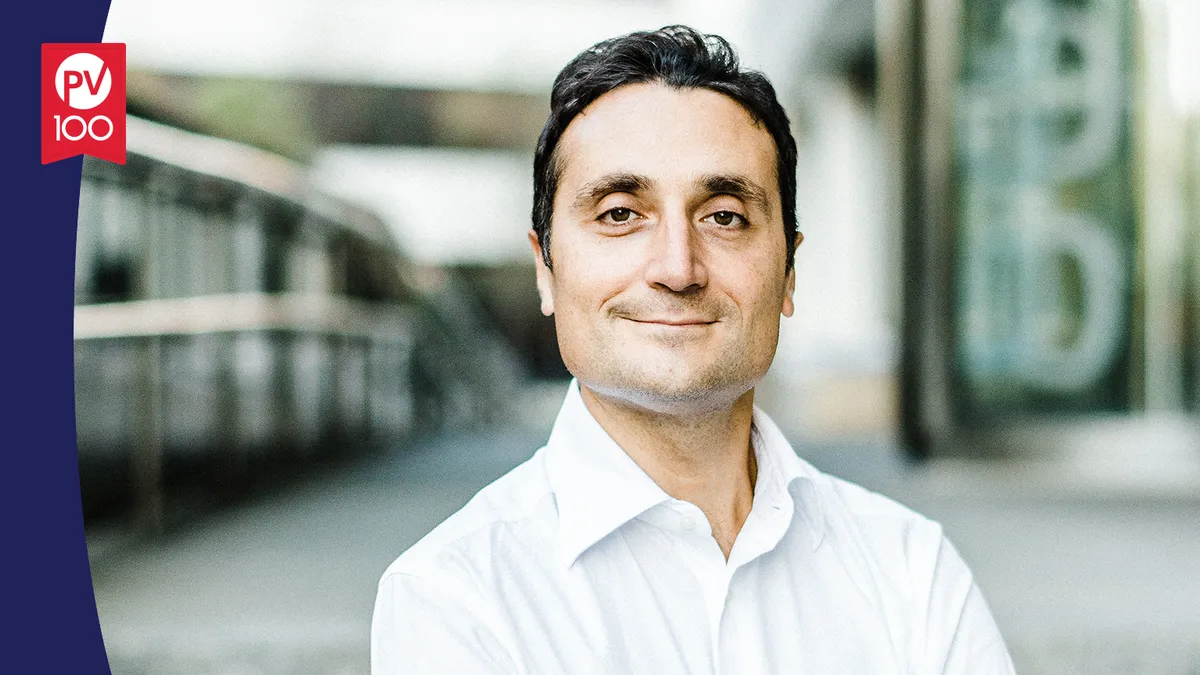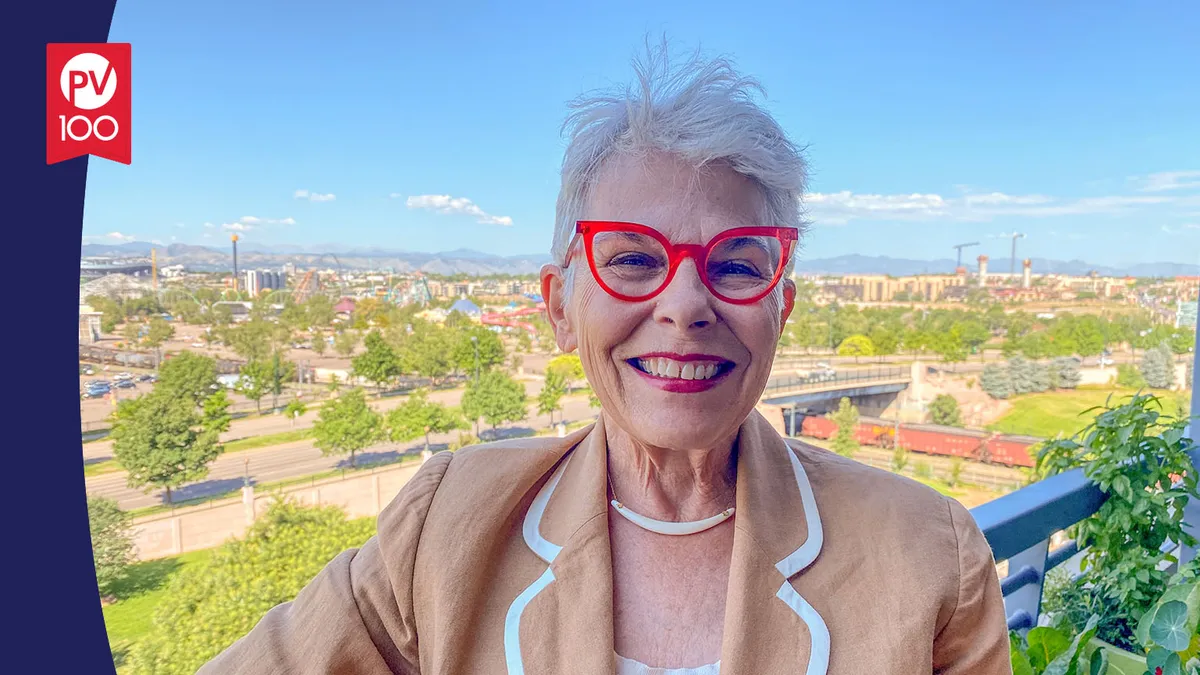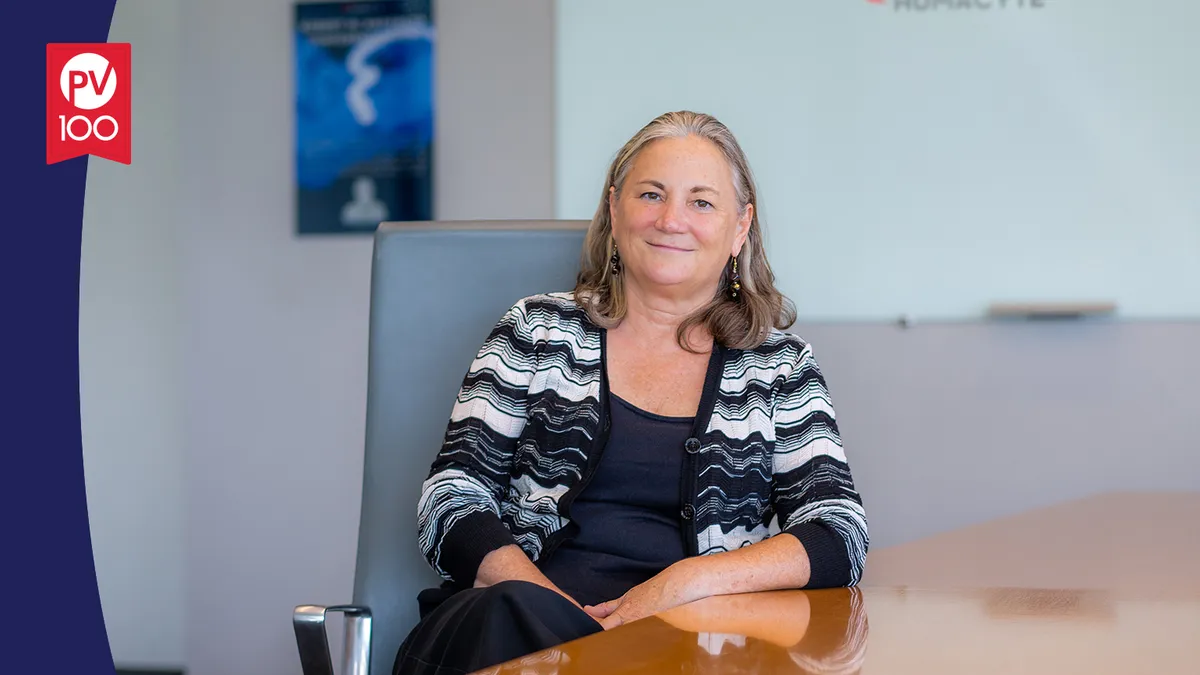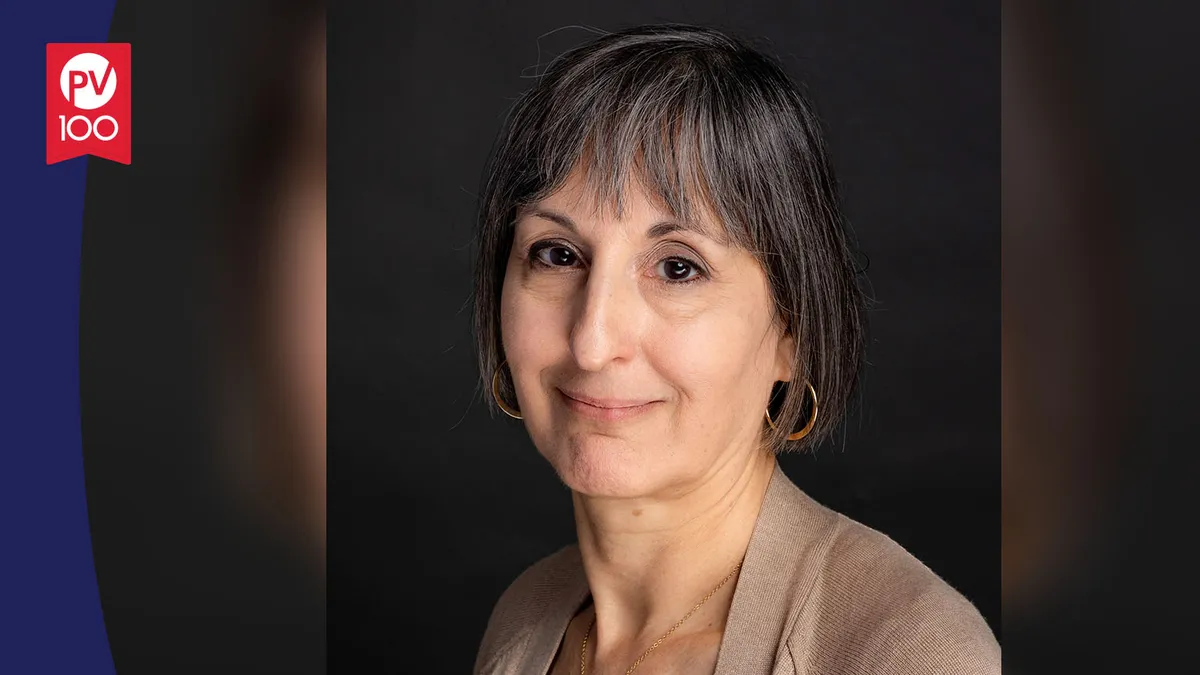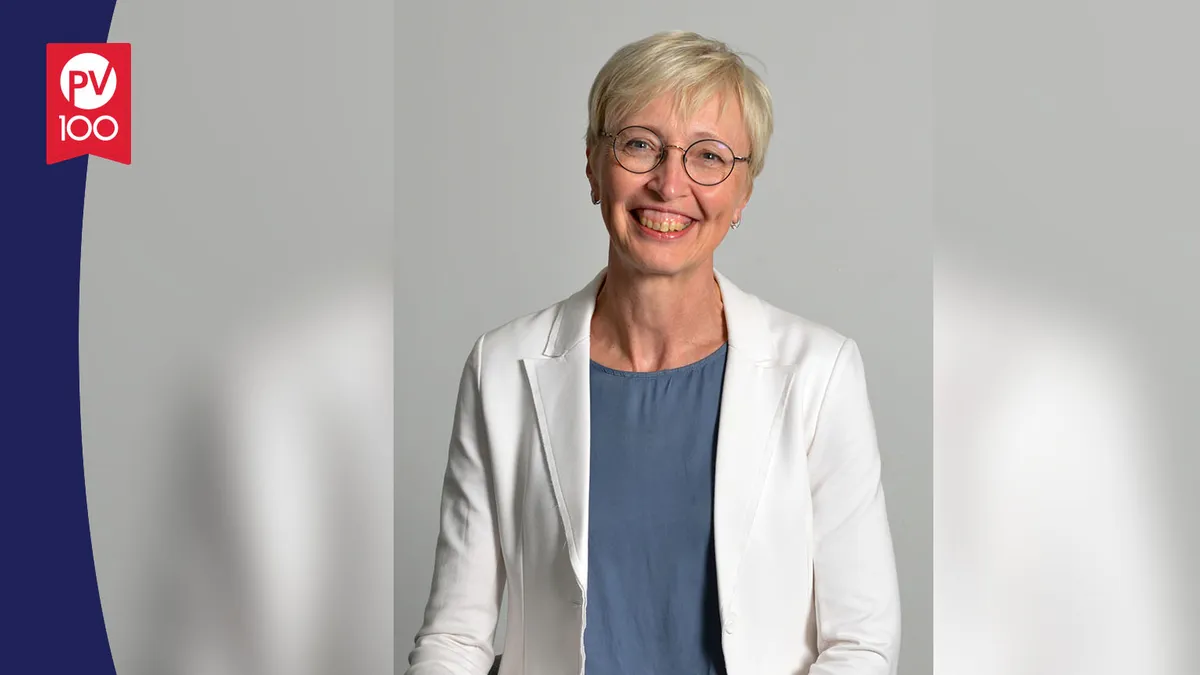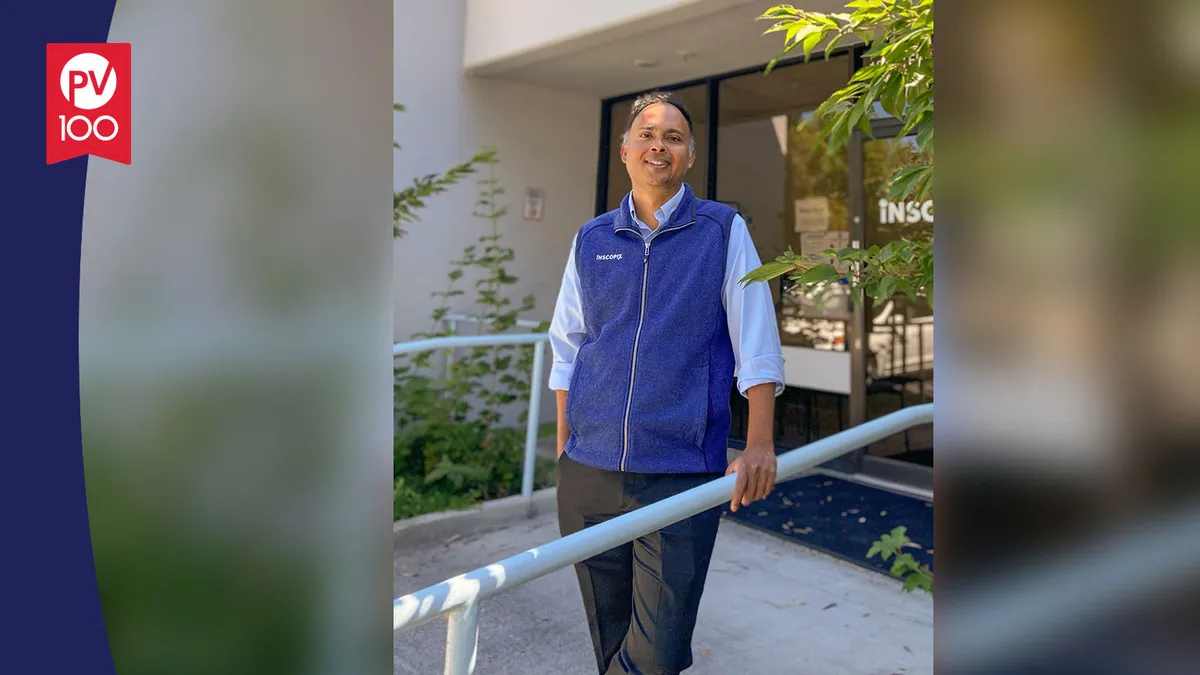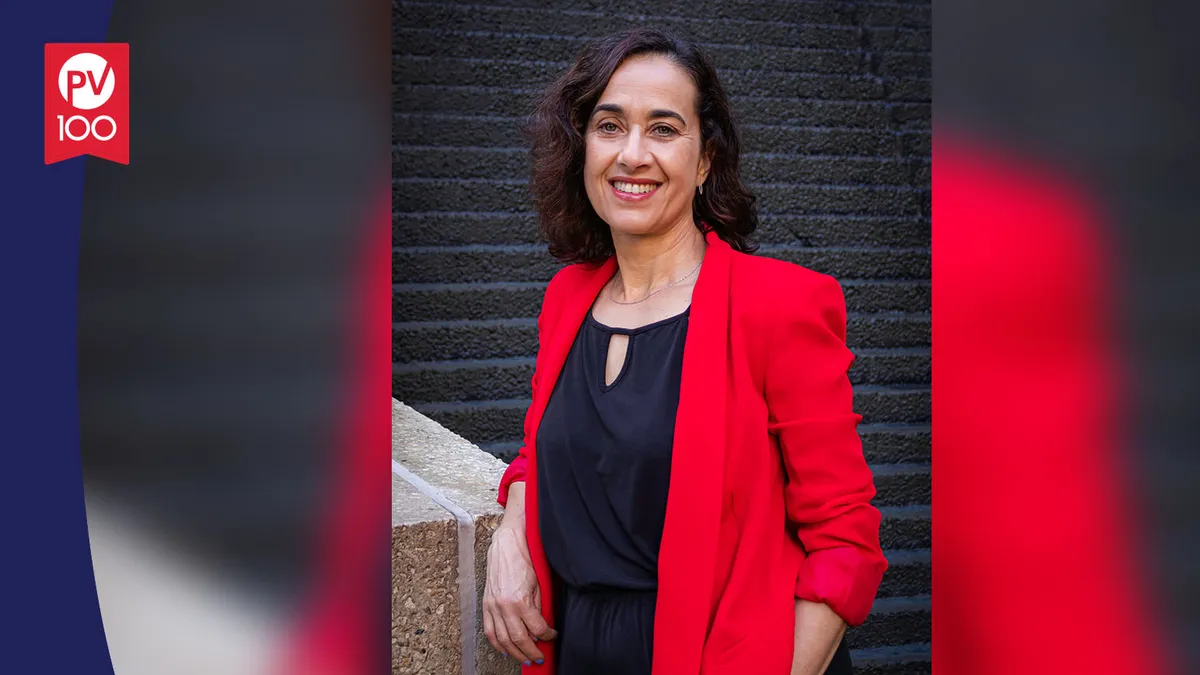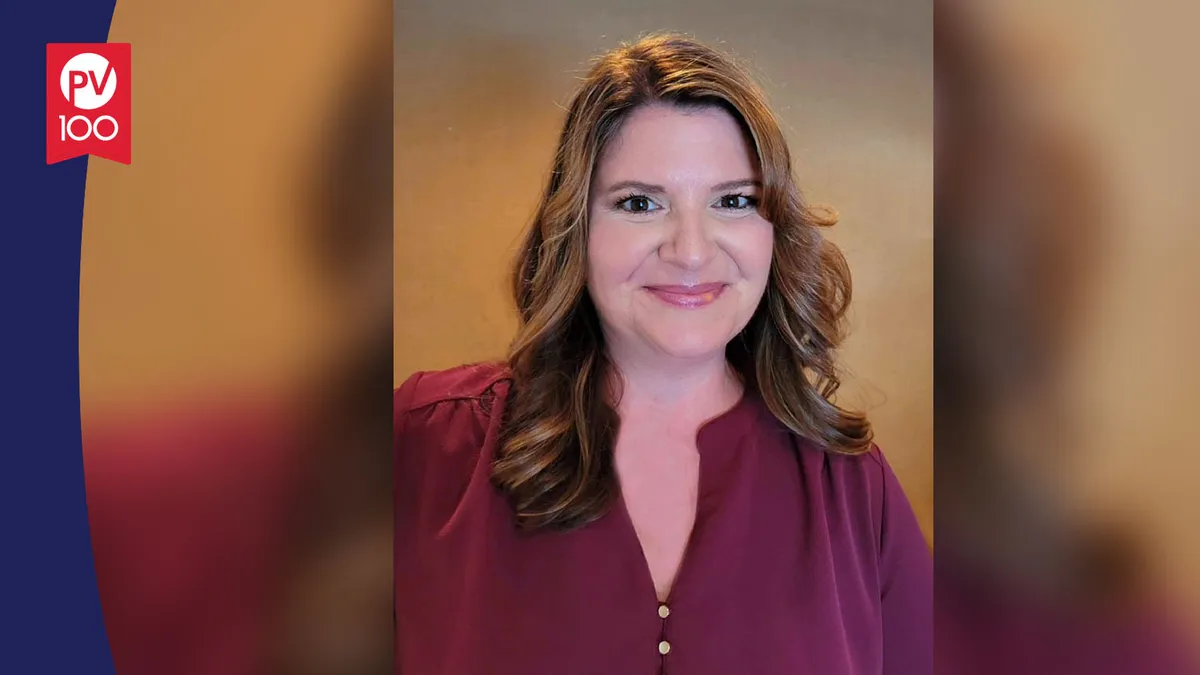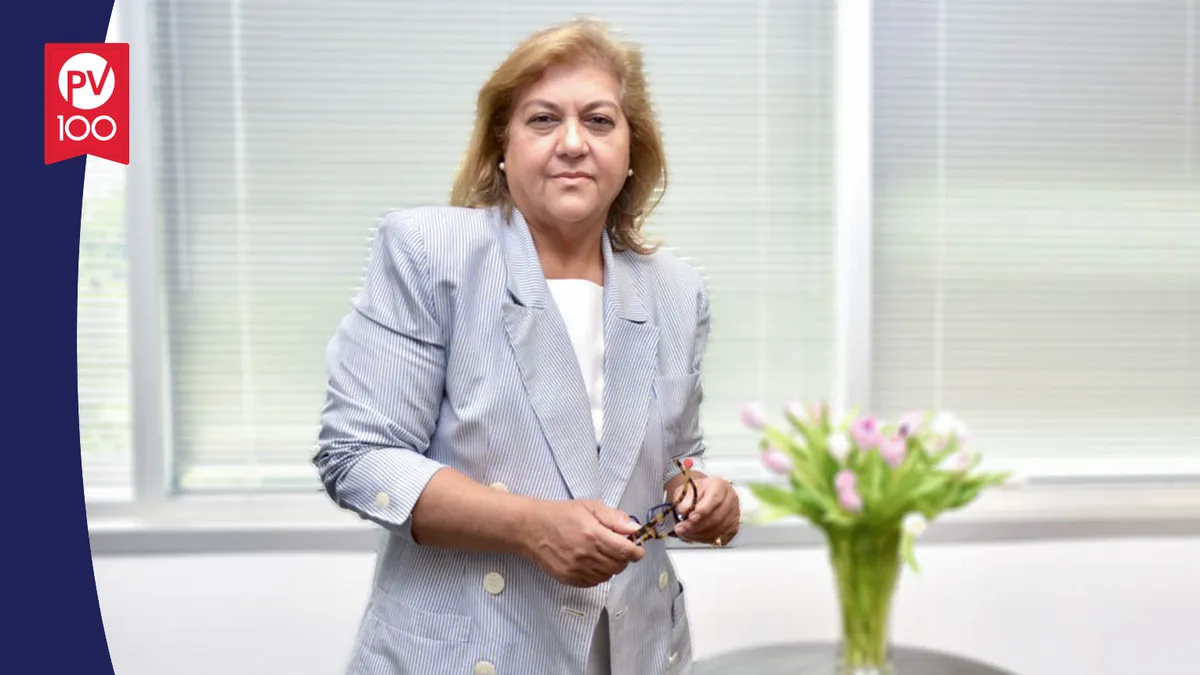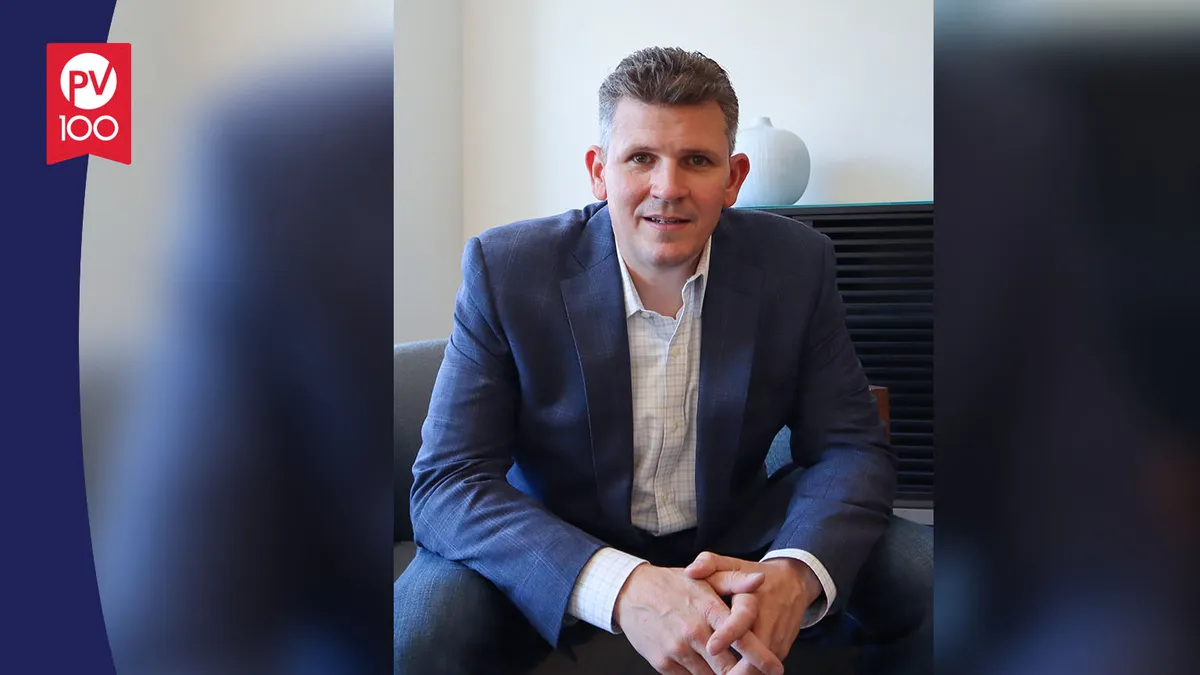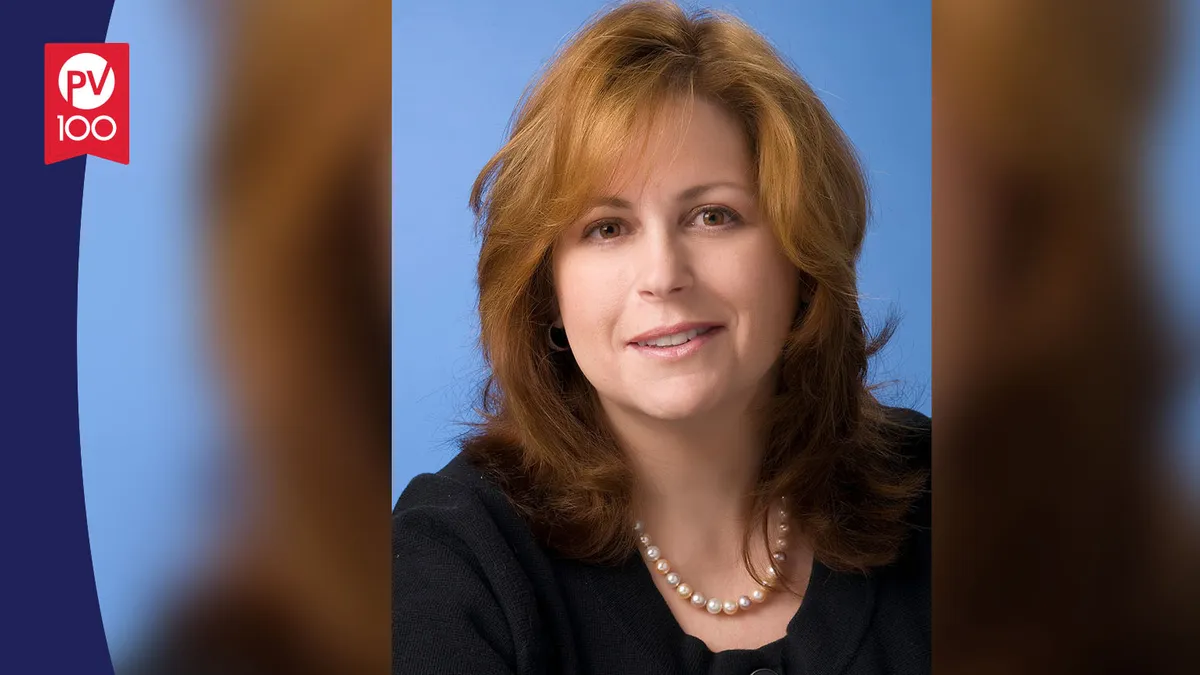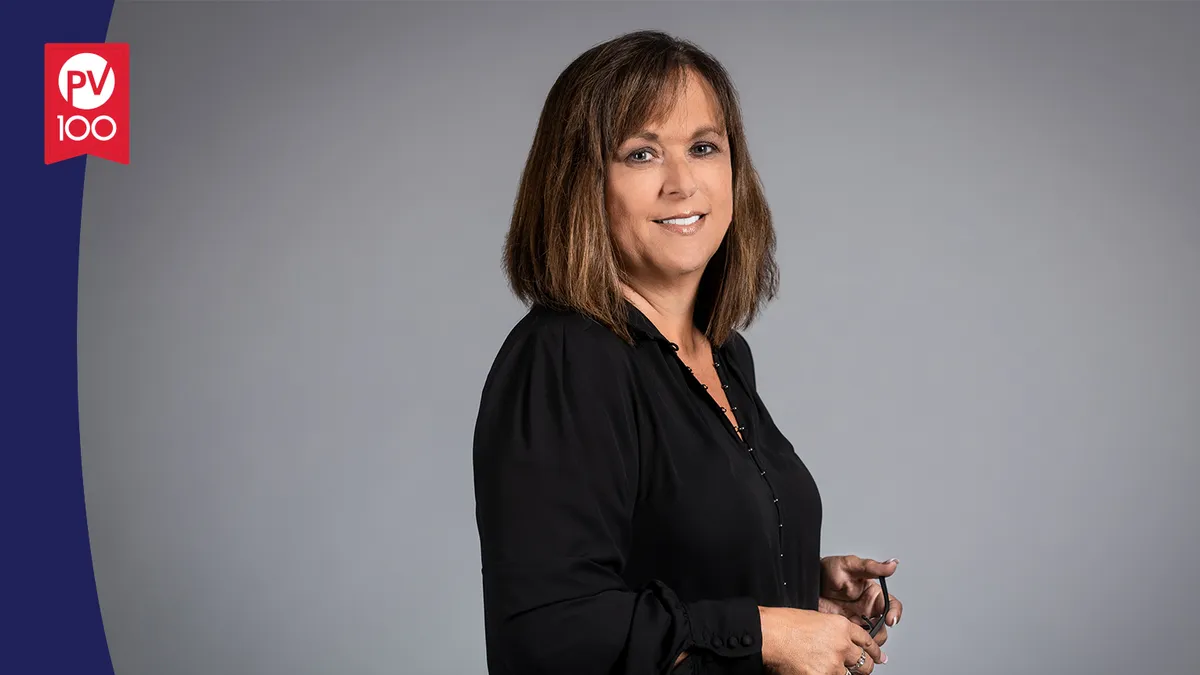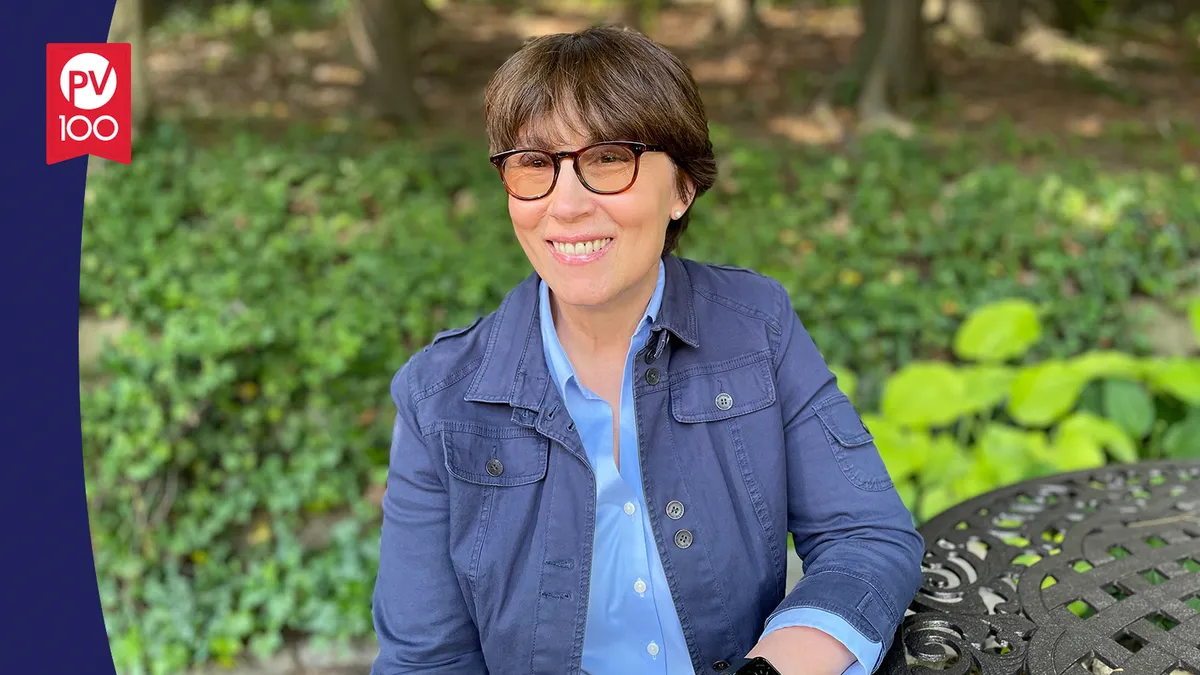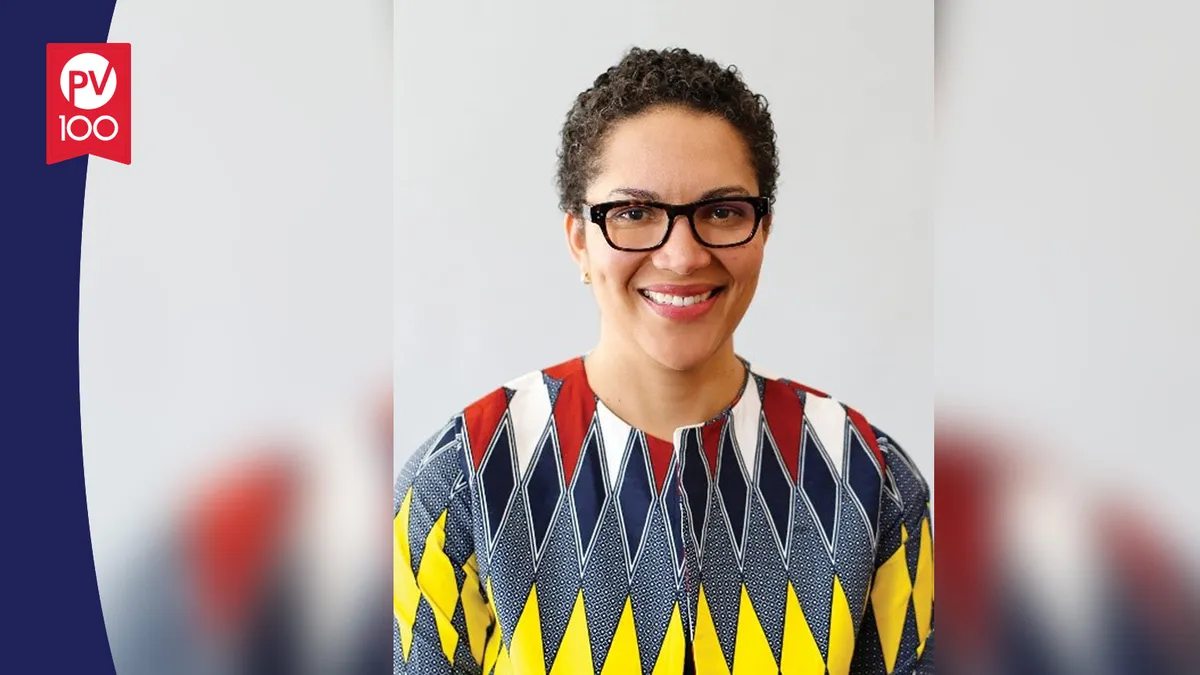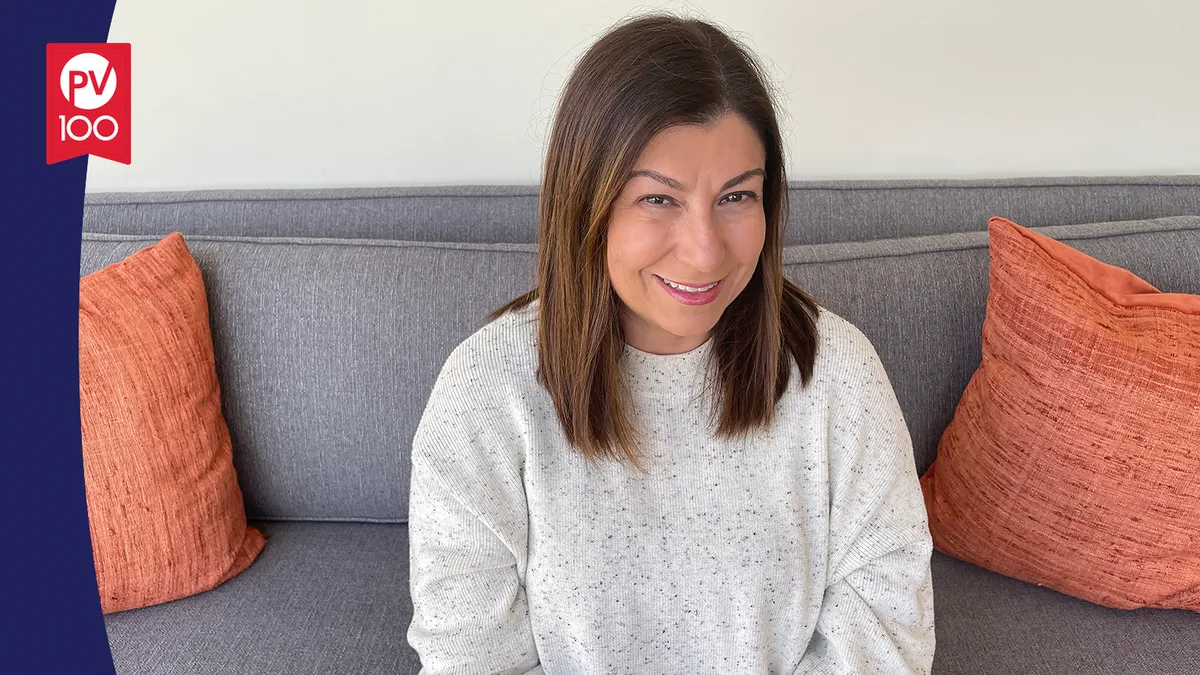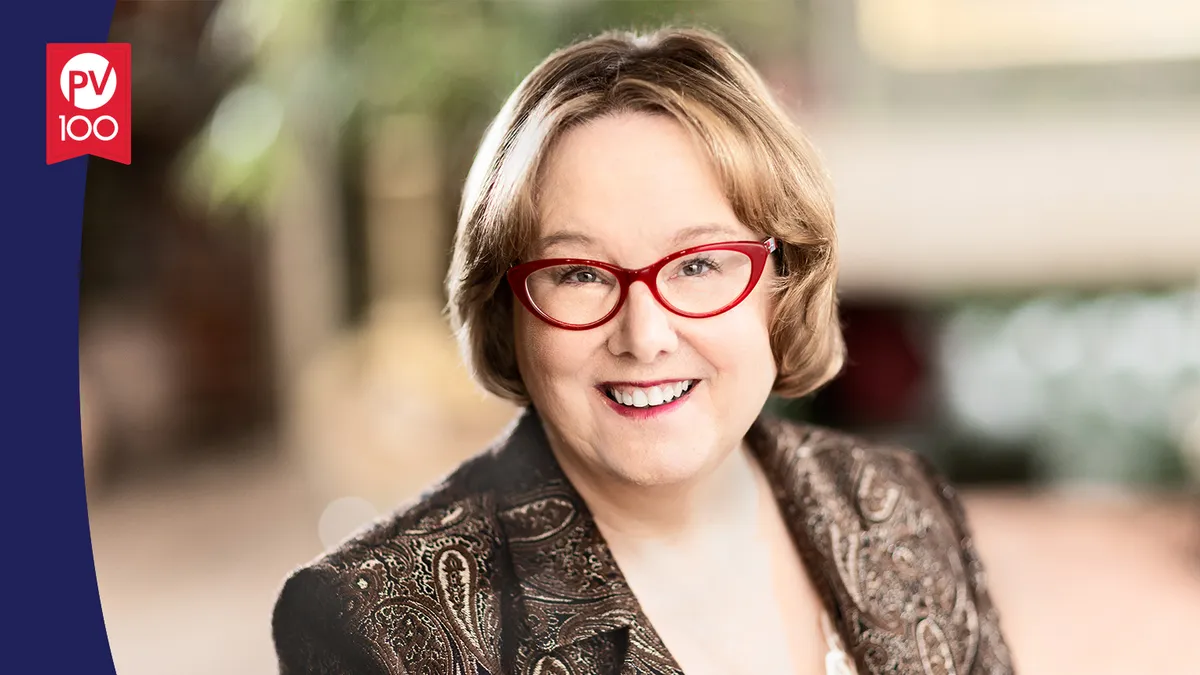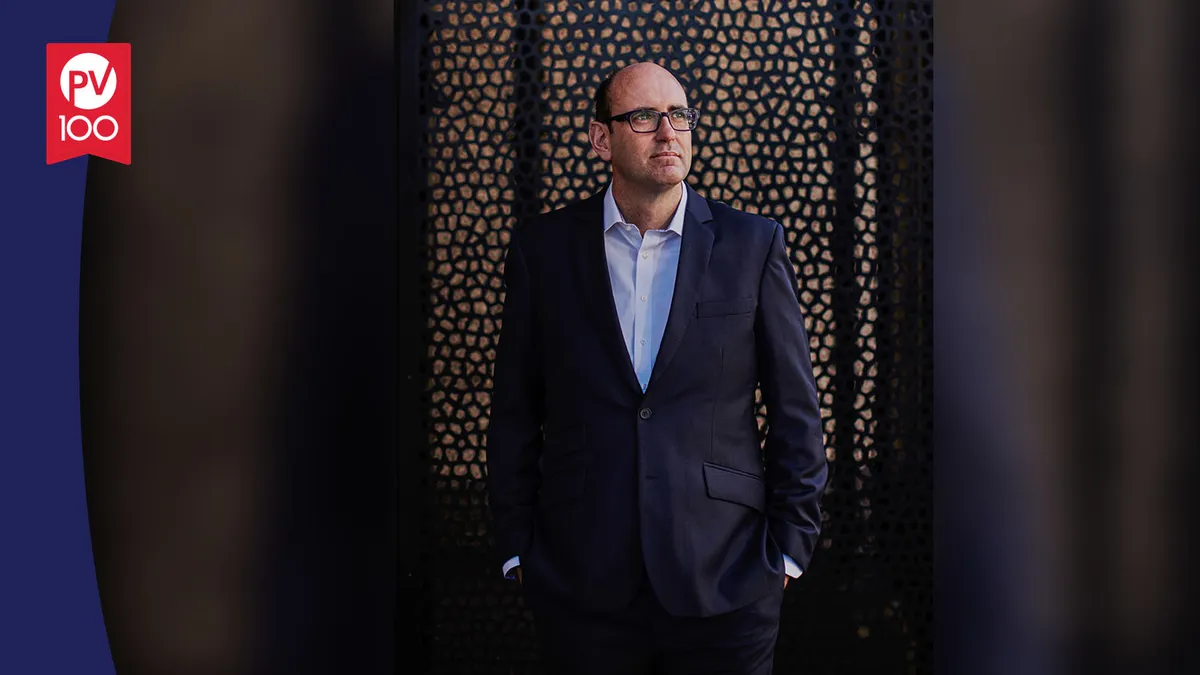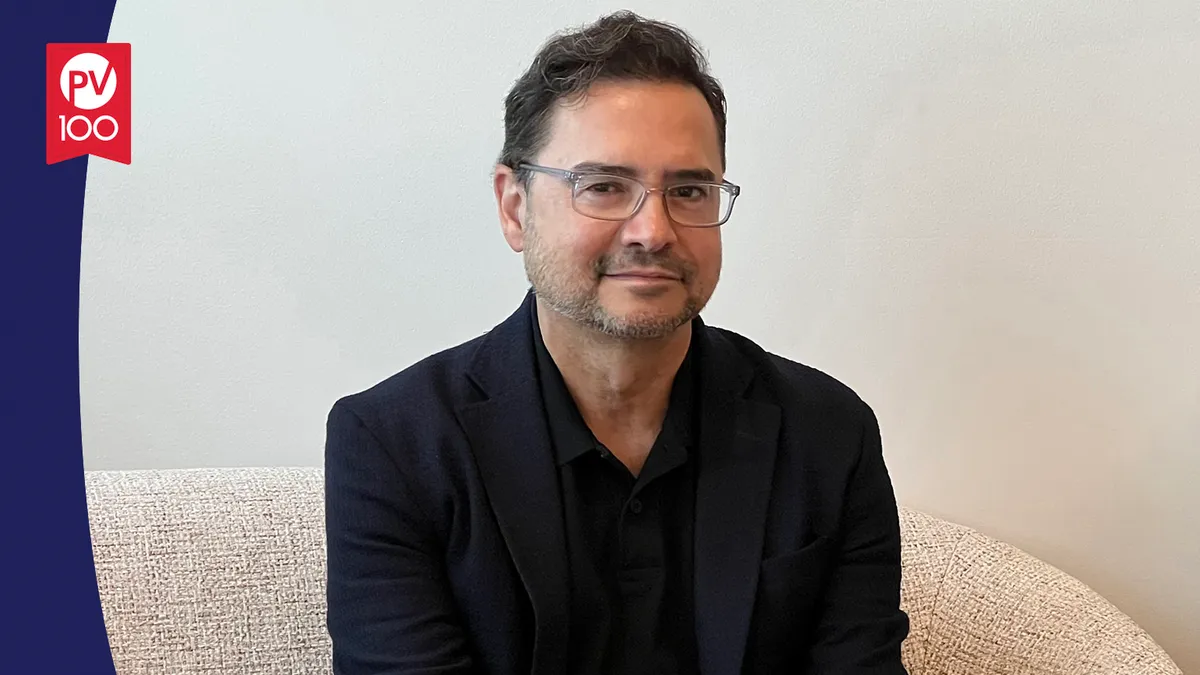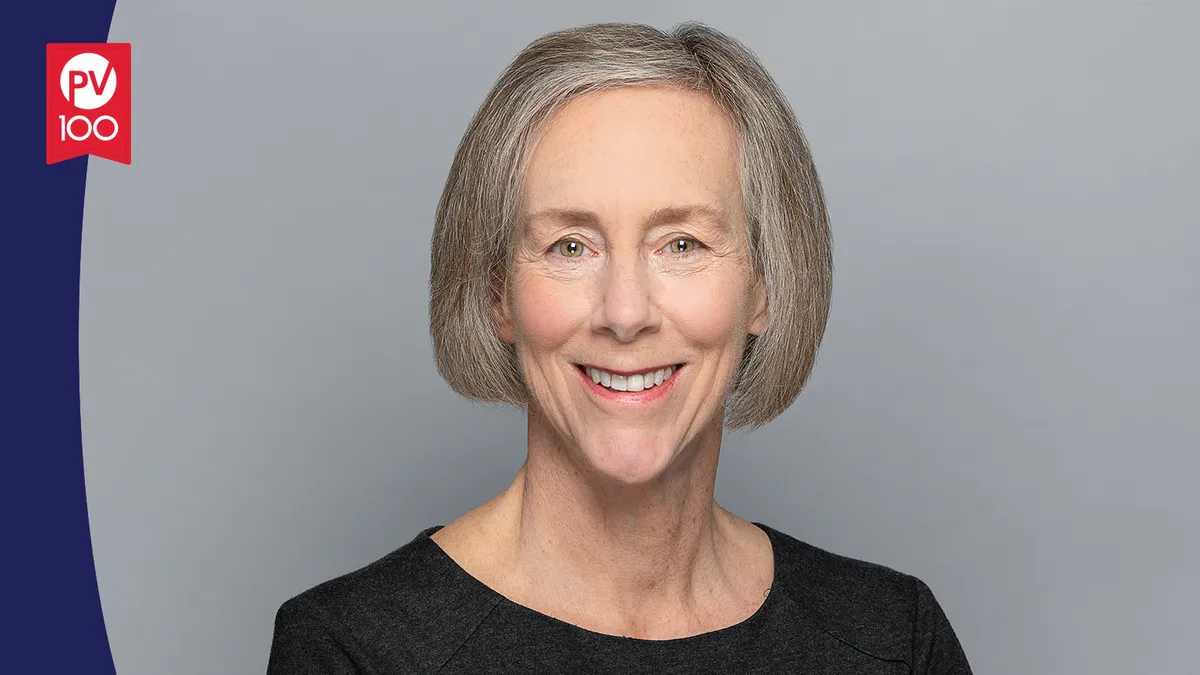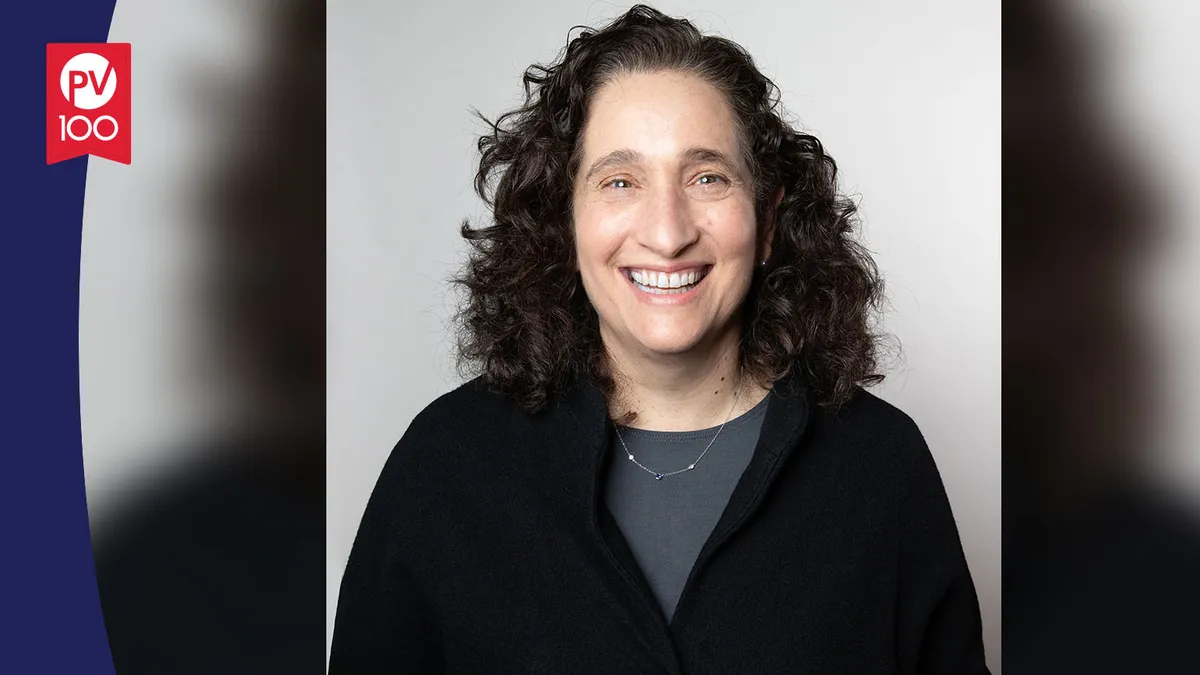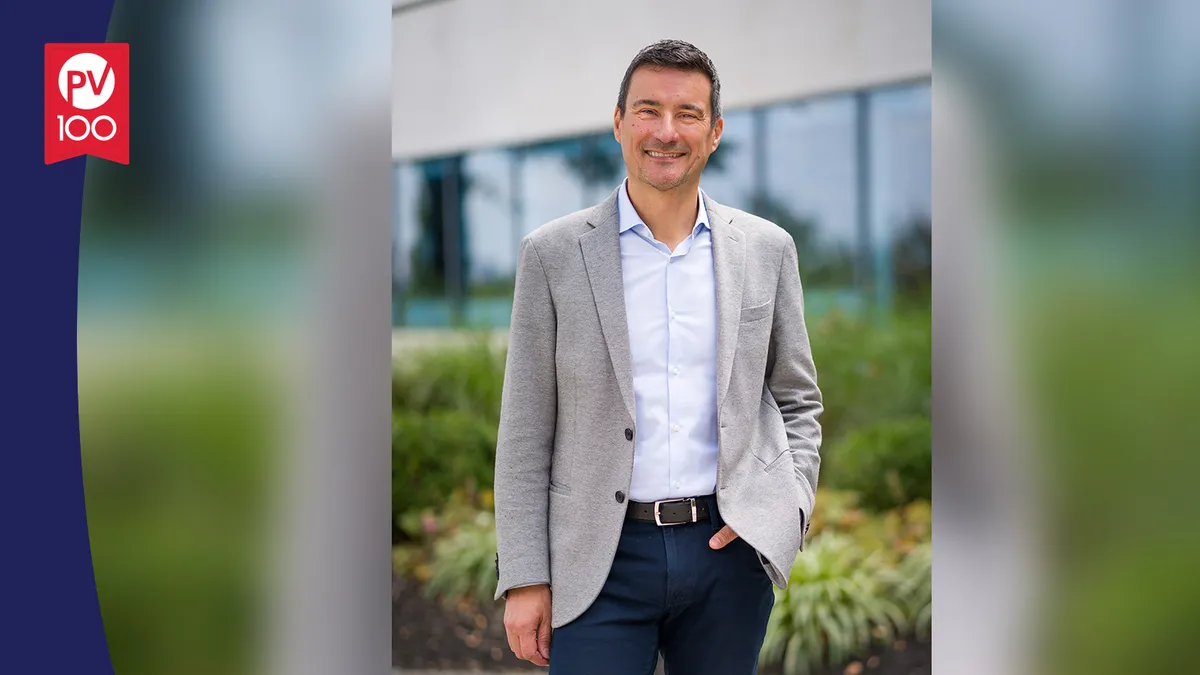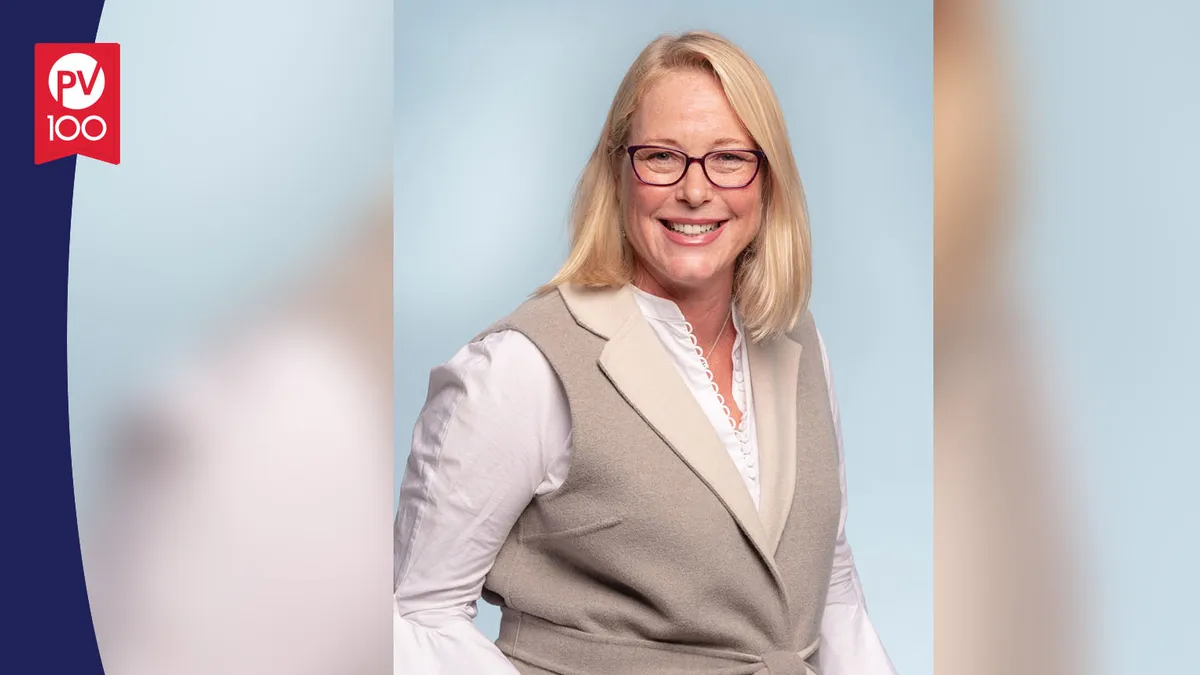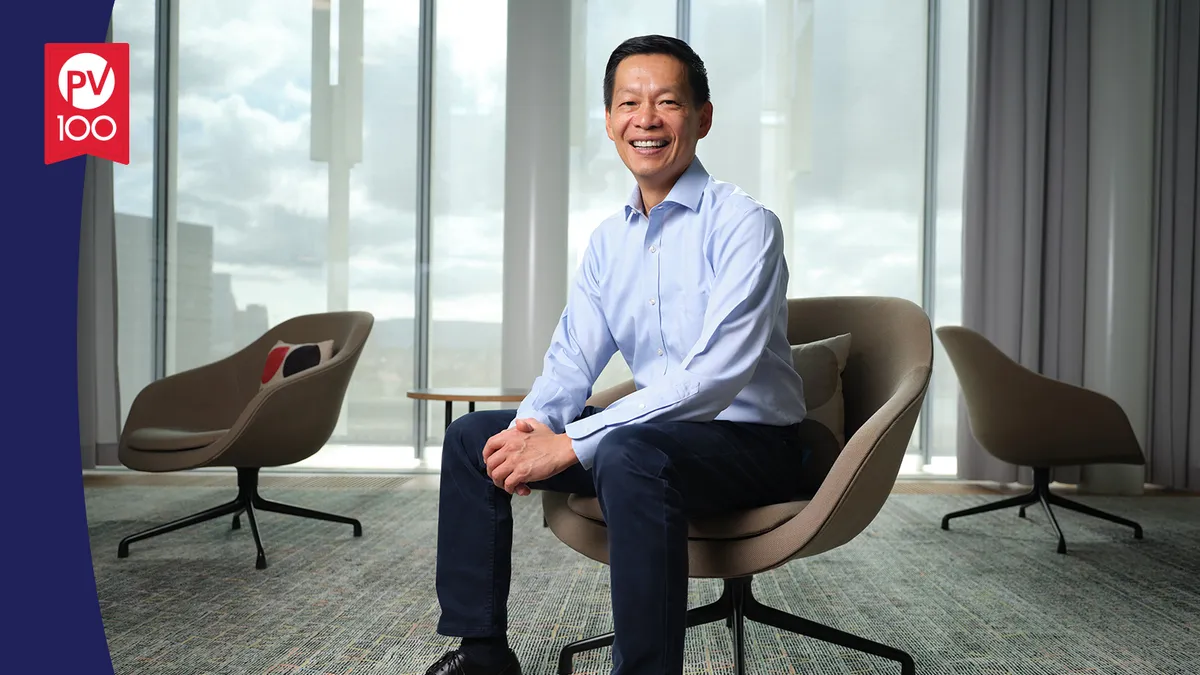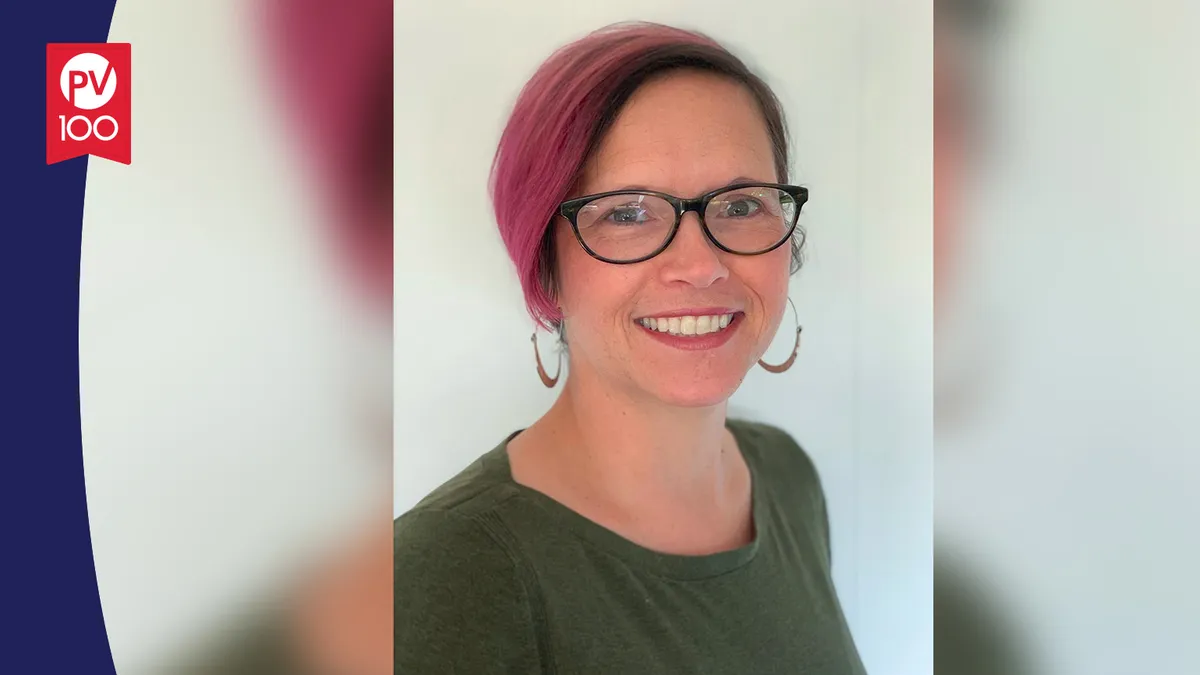Editor’s note: This story is part of our 2022 PharmaVoice 100 feature.
After years of working in clinical research, Adrelia Allen decided she could no longer ignore the lack of diversity around her — not just among her colleagues and peers, but among the patients in Merck & Co.’s studies. And after her own family’s healthcare experiences became her “greatest motivation for improving clinical trial access and inclusion for underrepresented patients,” she decided in 2018 that she’d had enough.
Armed with her background as a pharmacist and years of working in the field, Allen put her clinical project management skills to the test and presented a compelling case to Merck execs about why diversity had to be at the forefront of clinical research going forward. Her efforts kickstarted a new initiative that would propel more inclusion and diversity at the pharma giant.
According to her nominator, “[Allen] has worked relentlessly to make this vision a reality for Merck. She integrated herself into the company’s diversity initiative efforts and helped the company recognize both the medical need and scientific benefit of increasing diversity in our clinical trials.
“With the support of her manager, she began to engage with large clinical research institutions to learn about the communities that they served,” her nominator continues. “[Allen] compiled all of her field learnings into proposed diversity action plans that she presented to Merck’s leadership.”
In 2021, Allen was named director of the newly launched Clinical Trial Diversity team leading a group of diversity program leads and coordinators to bring the vision to life.
Today, the team develops communication tools for clinical investigators and provides resources that are culturally and socially in tune with the patient groups they serve.
“[Allen] and her team also assisted in the development of a novel ‘dashboard’ for use by clinical trial teams,” her nominator adds. “This dashboard provides real-time data to help improve diversity awareness during clinical trial enrollment and census population. The dashboard allows clinical teams to analyze and make more informed site selection decisions to help increase patient diversity across clinical trials and programs.”
Colleagues say Allen and the Clinical Trial Diversity team have only “touched the surface of possibilities as we grow closer each day to our goal of inclusivity and leaving no patient behind.”
“We must act with intention to address the barriers and social determinants of health that limit access to clinical research and novel medicines or vaccines.”
Adrelia Allen
Senior director, clinical trial patient diversity, Merck & Co.
Beyond Merck, Allen generously shares her experiences and insights on the various barriers that impede access for diverse patients by serving on committees aimed at bridging the gap for clinical trial diversity.
Here, Allen shares the leadership skills she honed during the pandemic, what her blue ocean looks like for trial diversity and the trend she’s following most closely.
PharmaVoice: What new leadership skill did you acquire over the past two years that you will continue to bring forward?
Adrelia Allen: With the health and social inequities exposed during the pandemic, I vowed to lead without fear to do everything that I can to make clinical trials available to all patients. This would mean that I would need to get more comfortable with being uncomfortable — pushing past my comfort zone, taking more calculated risks and considering new ways of working to meet my goals.
What’s the most meaningful item in your office and why?
A plaque with a quote from Maya Angelou. The inscription reads: ‘If you’re going to live, leave a legacy. Make a mark on the world that can’t be erased.’ This quote motivates me to set goals to make a positive and lasting impact in my career and community.
What initially drew you to the life sciences industry?
As a pharmacist, my entry into the life sciences industry was sparked by the process of bringing new medications to market. My experience in clinical trial site management, clinical trial operations, and pharmaceutical sales has given me a broad view of the complexities of this process. I found my passion in driving change in the clinical trial recruitment process to make clinical research reflective of the patients intended to take the medication.
What is your blue ocean?
As an African-American working in clinical research, my blue ocean is using my personal experiences and professional expertise to engage, educate, and empower diverse populations to make informed decisions about participating in clinical research. Understanding my family’s lack of trust in the medical community inspired me to explore grassroots efforts to bring more attention to the barriers that limit diverse participants in clinical trials. I am dedicated and committed to removing barriers and expanding access to clinical trials to a more diverse patient population.
How would you describe your leadership style?
I utilize the participatory management style for decision making and solving for solutions. I am a supportive, action oriented, collaborative leader. I view failure as a learning opportunity and think that it provides the chance to grow professionally. I also support individuals playing to their strengths to drive project results.
How are you paying your success forward?
I am paying my success forward by sharing my experiences in clinical research with minority youth and college students attending Historically Black Colleges and Universities (HBCU) to increase awareness about careers in clinical research. I hope to attract a more diverse pool of clinical research professionals to build trust and engagement to improve the diversity of clinical trial participants.
What is the single most important trend that is impacting your area of focus?
The lack of diversity in clinical trials is not a new challenge, but the collective effort of the industry to build equity in clinical research is pushing solutions forward to make an impact in clinical trial diversity. We must act with intention to address the barriers and social determinants of health that limit access to clinical research and novel medicines or vaccines.







